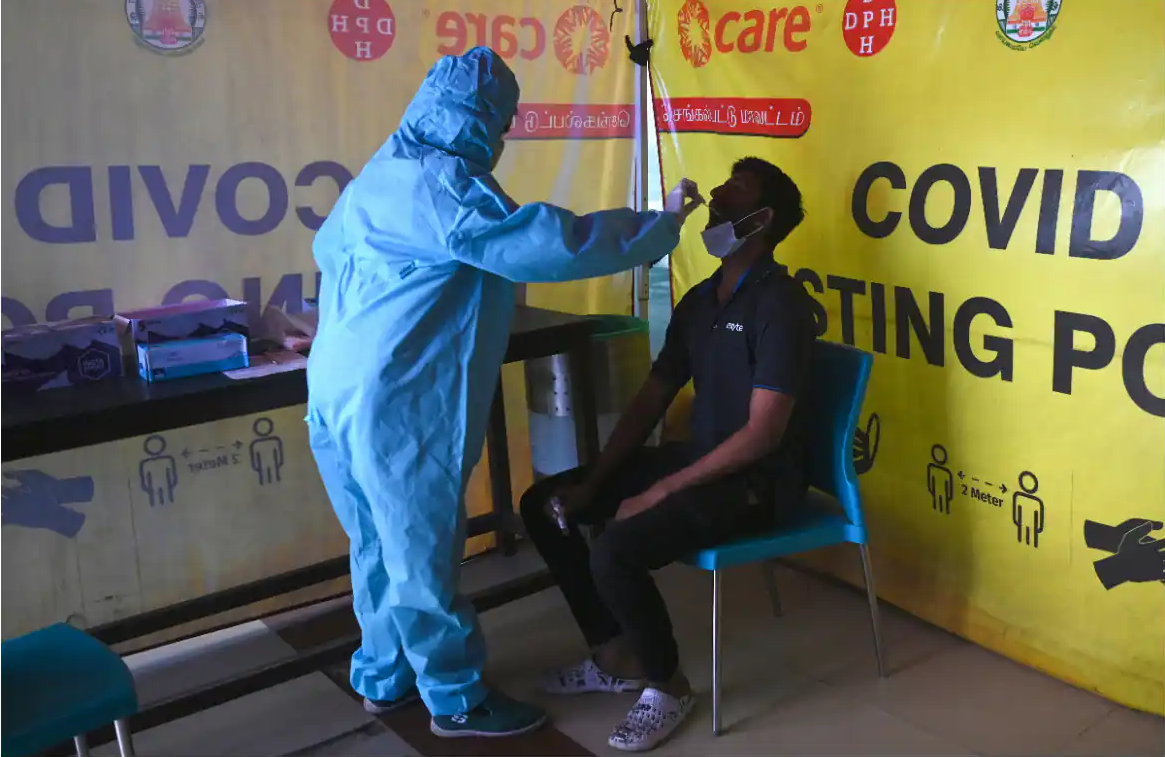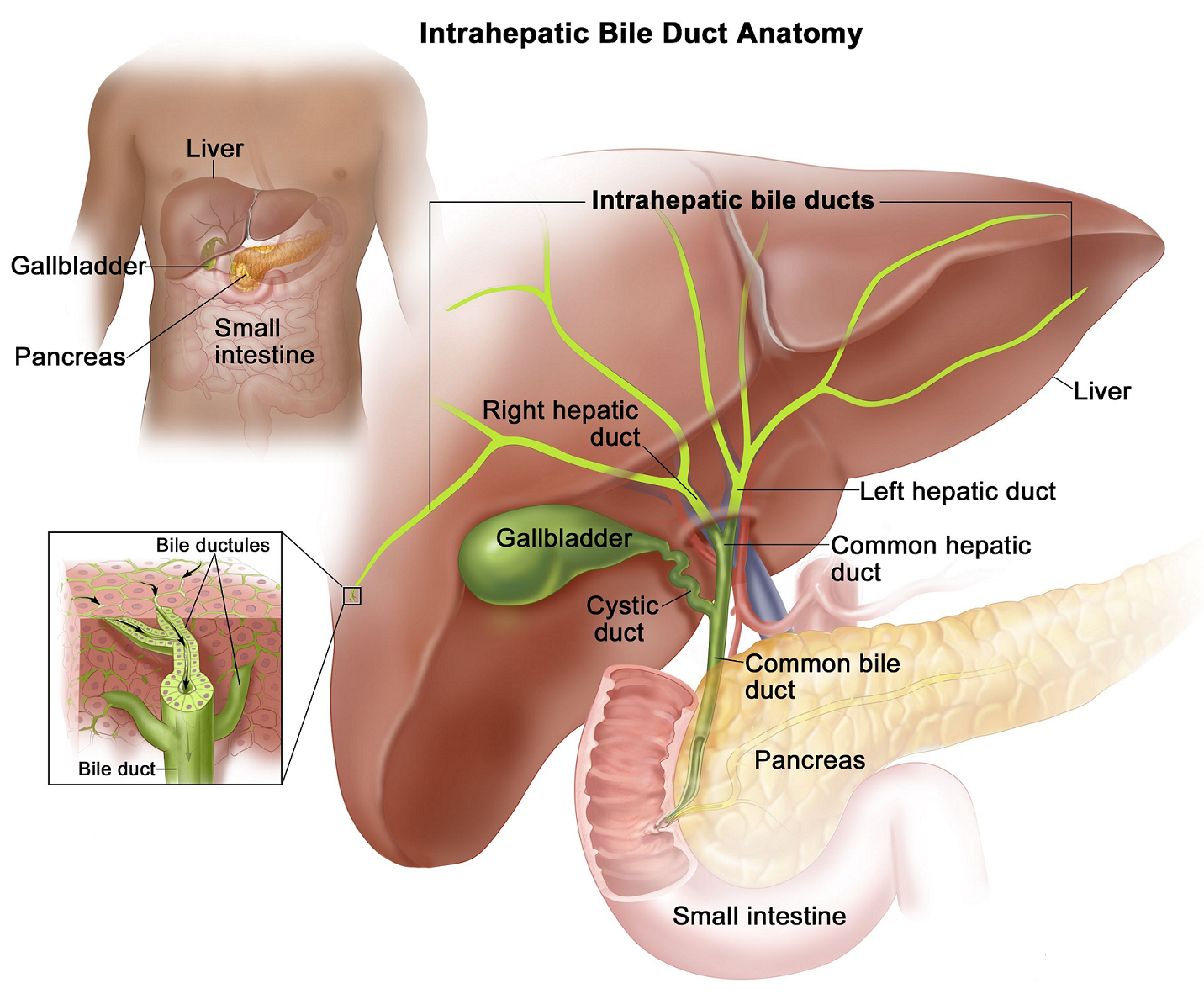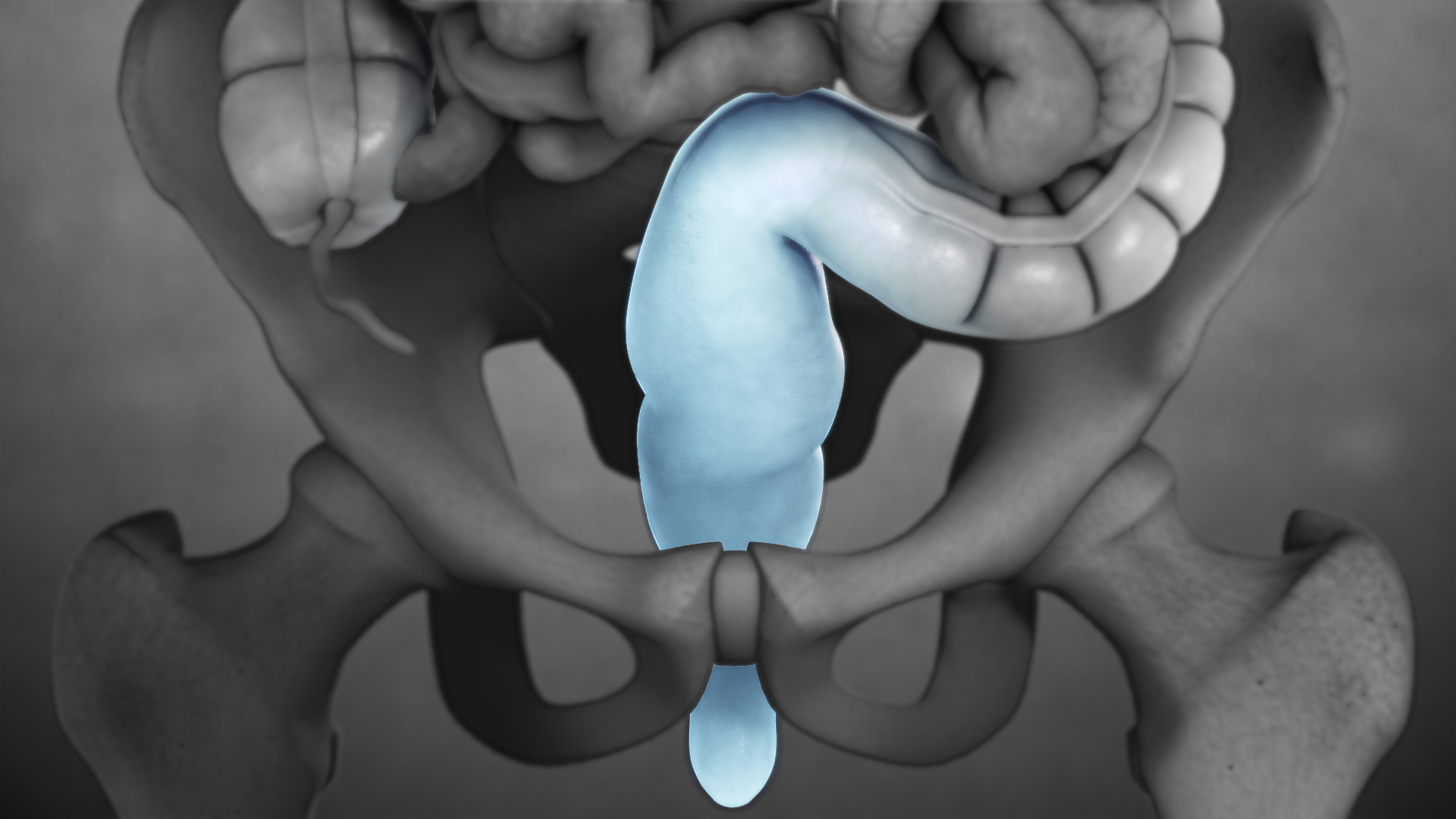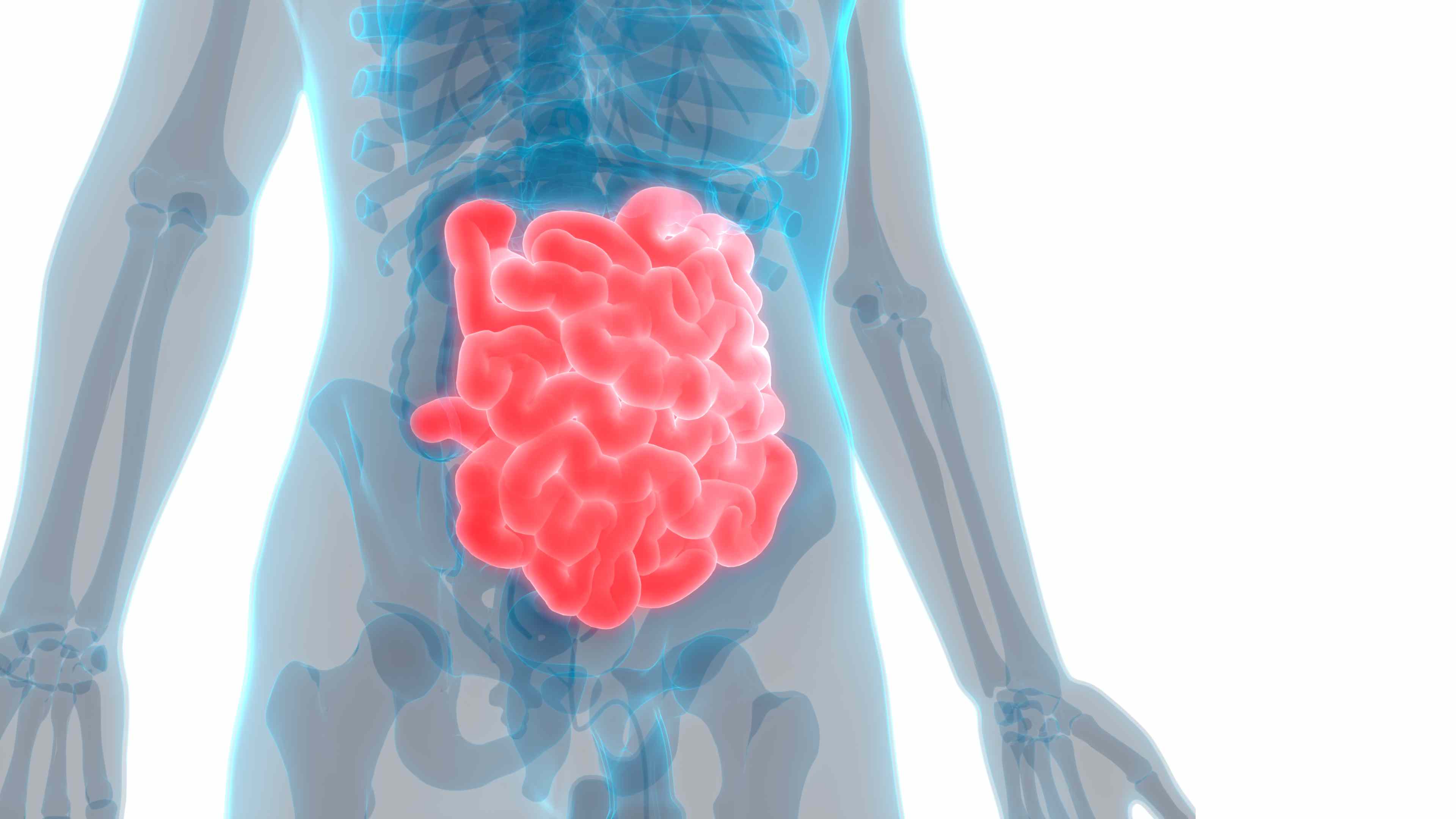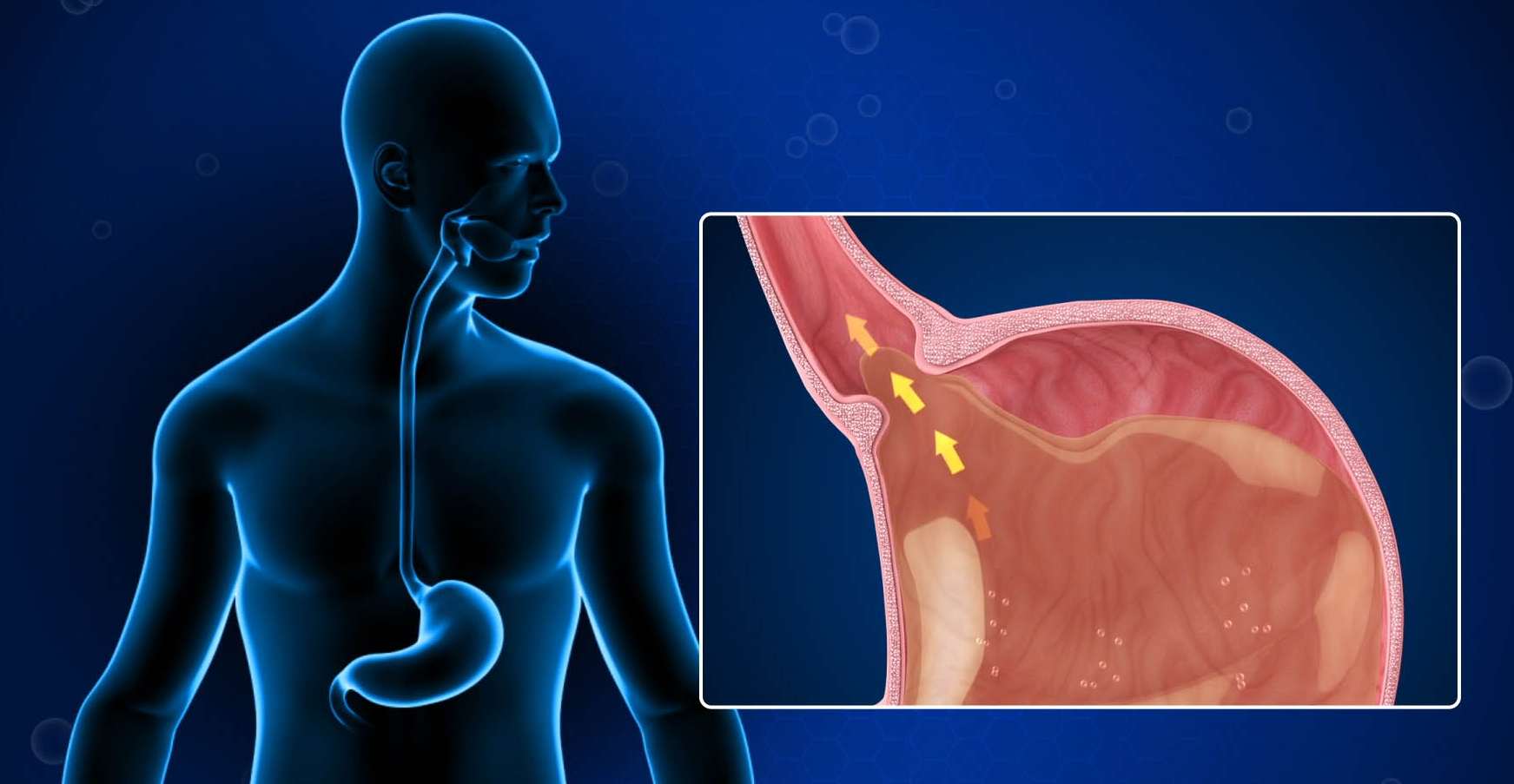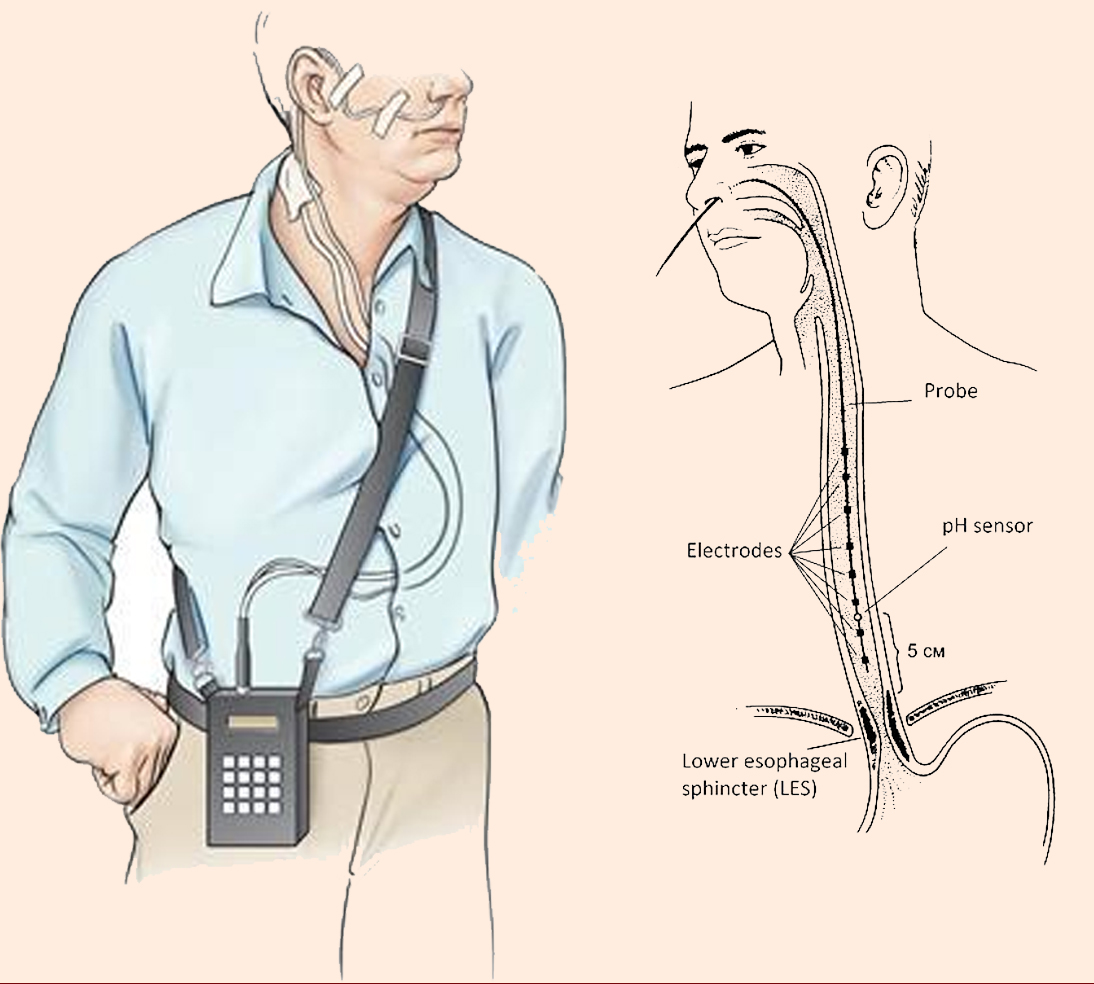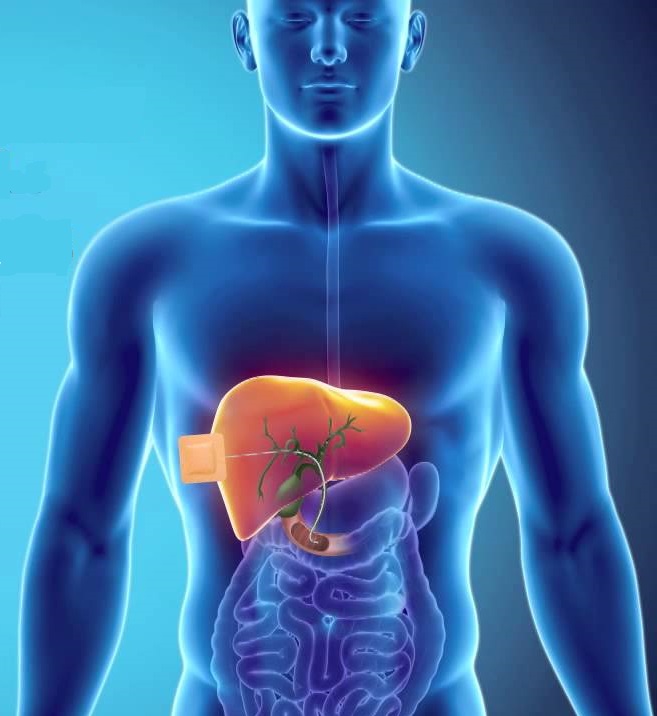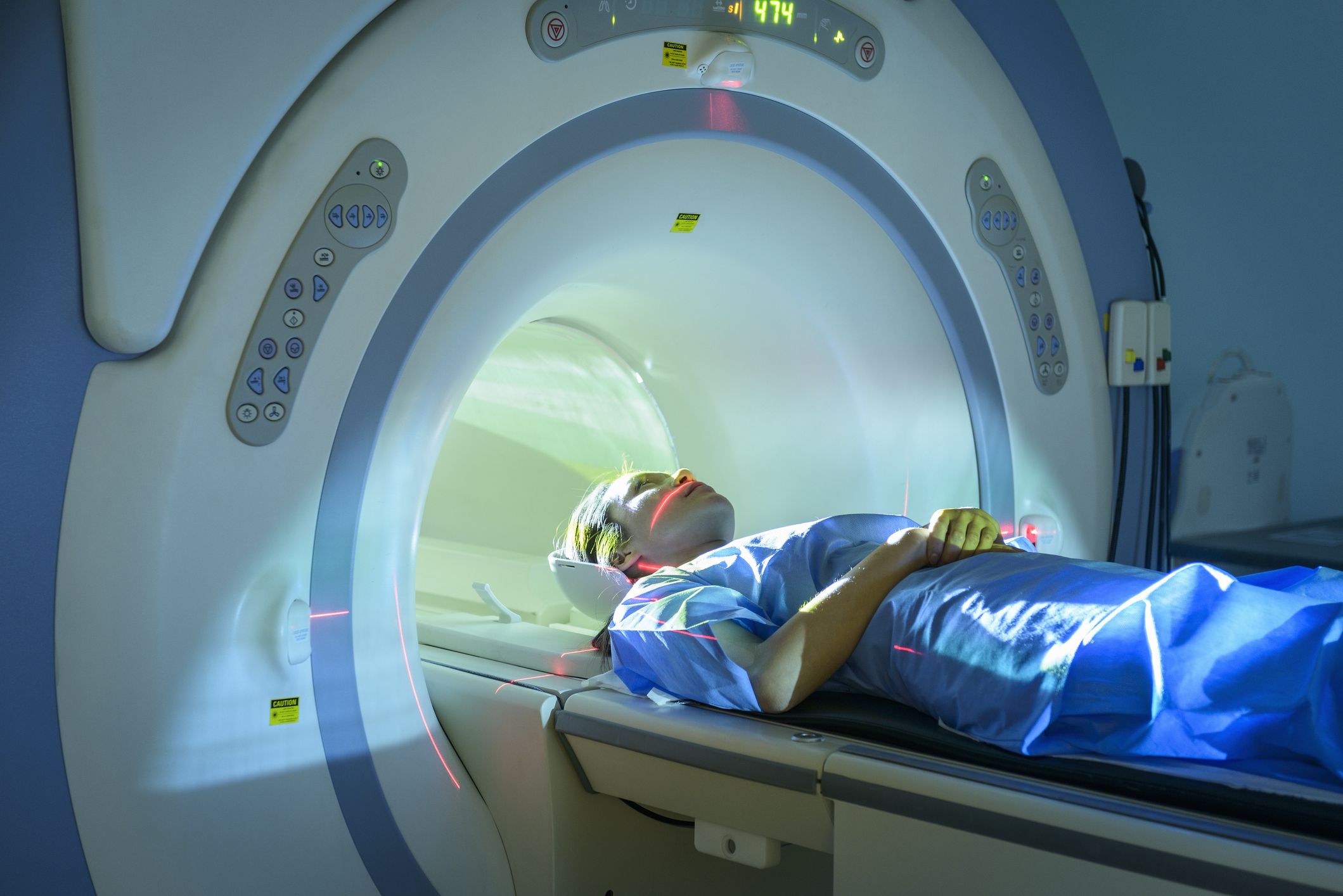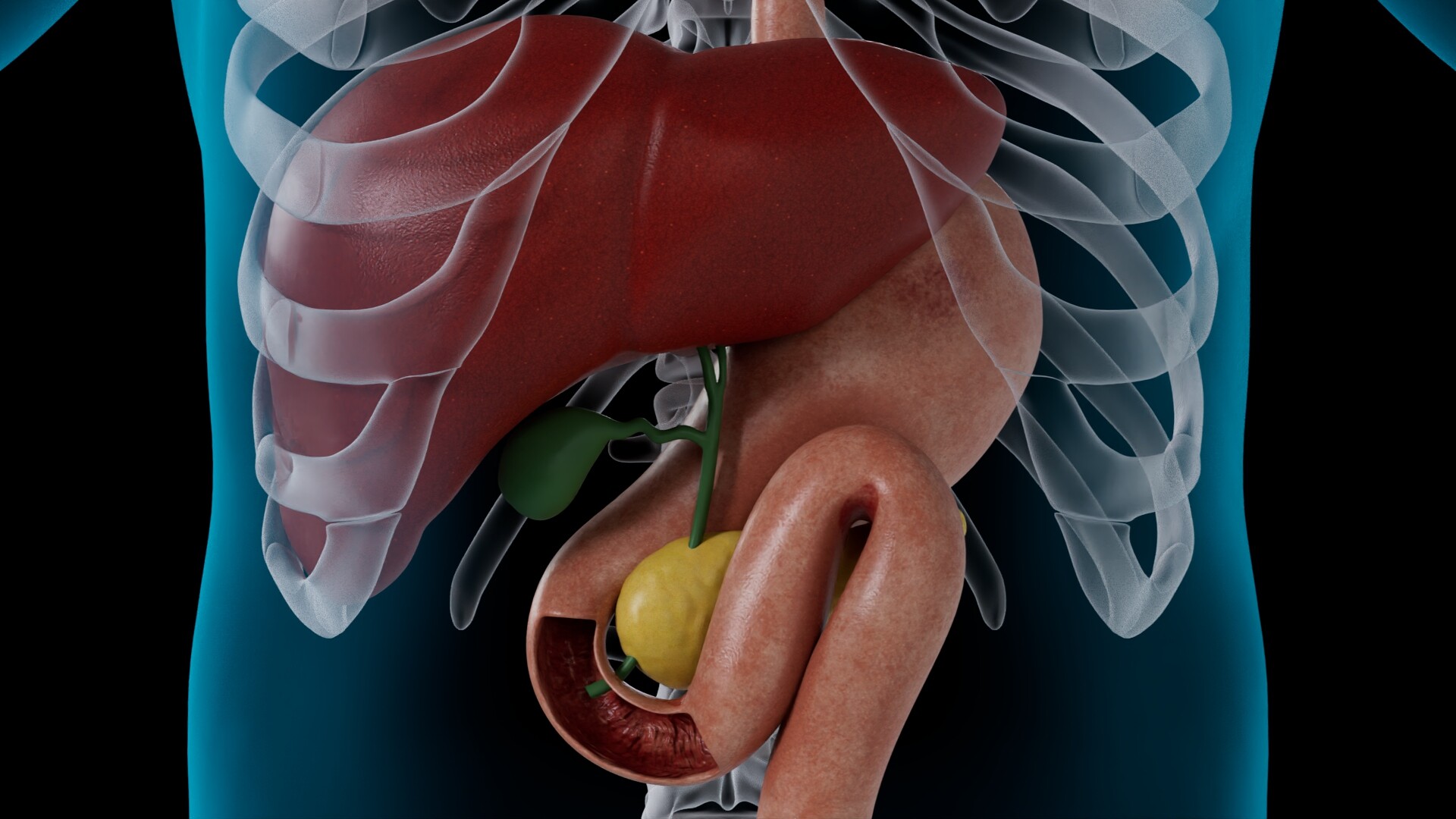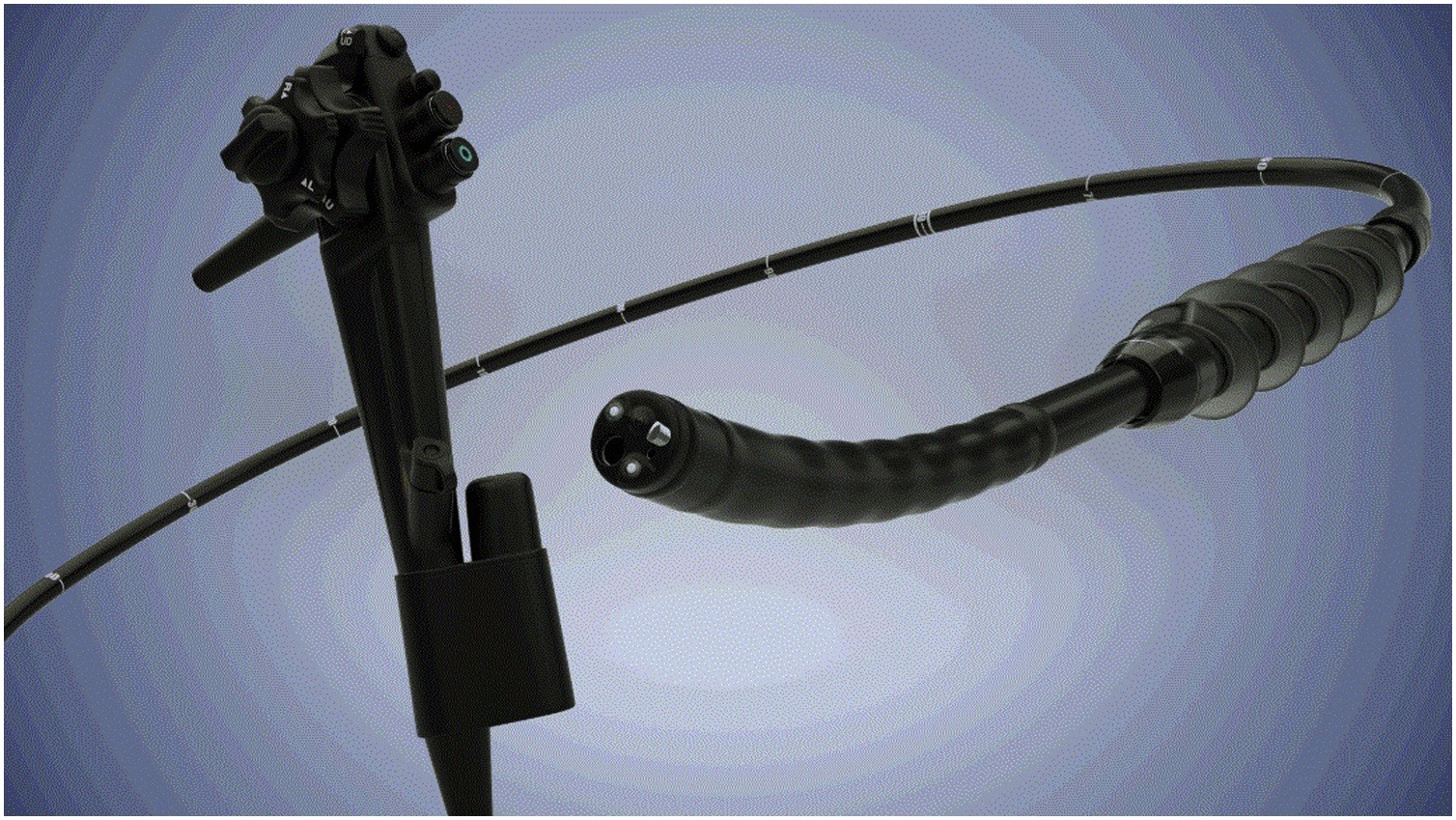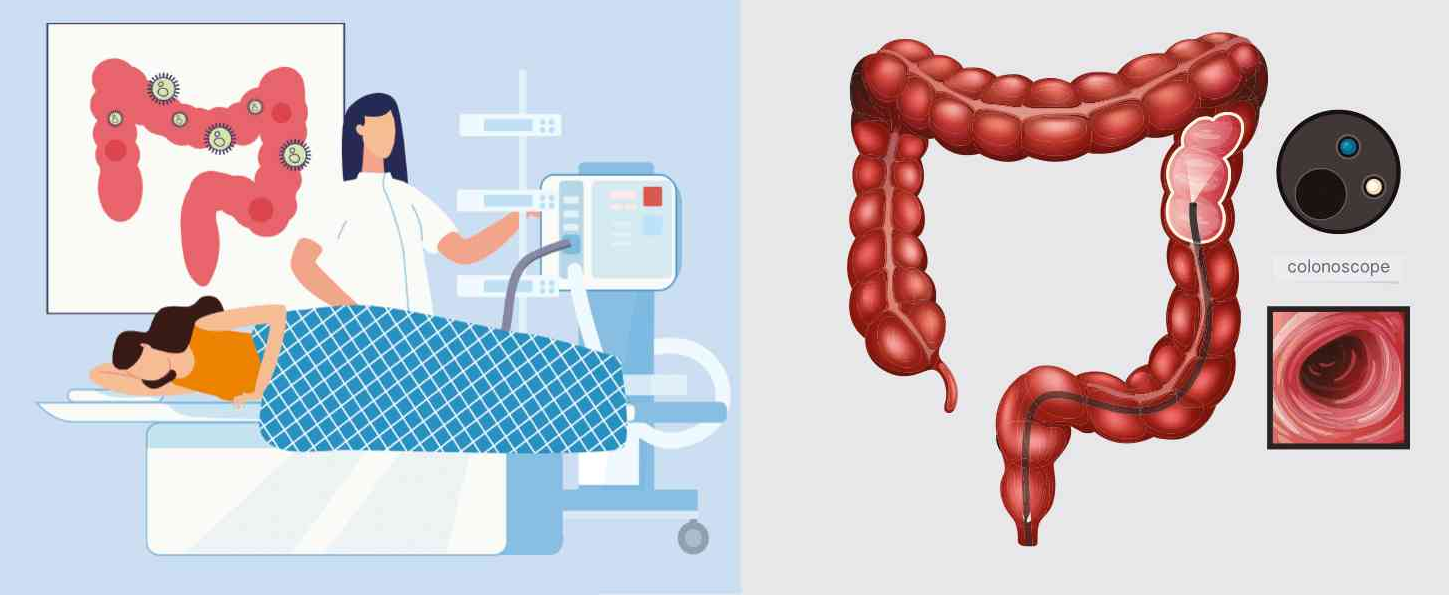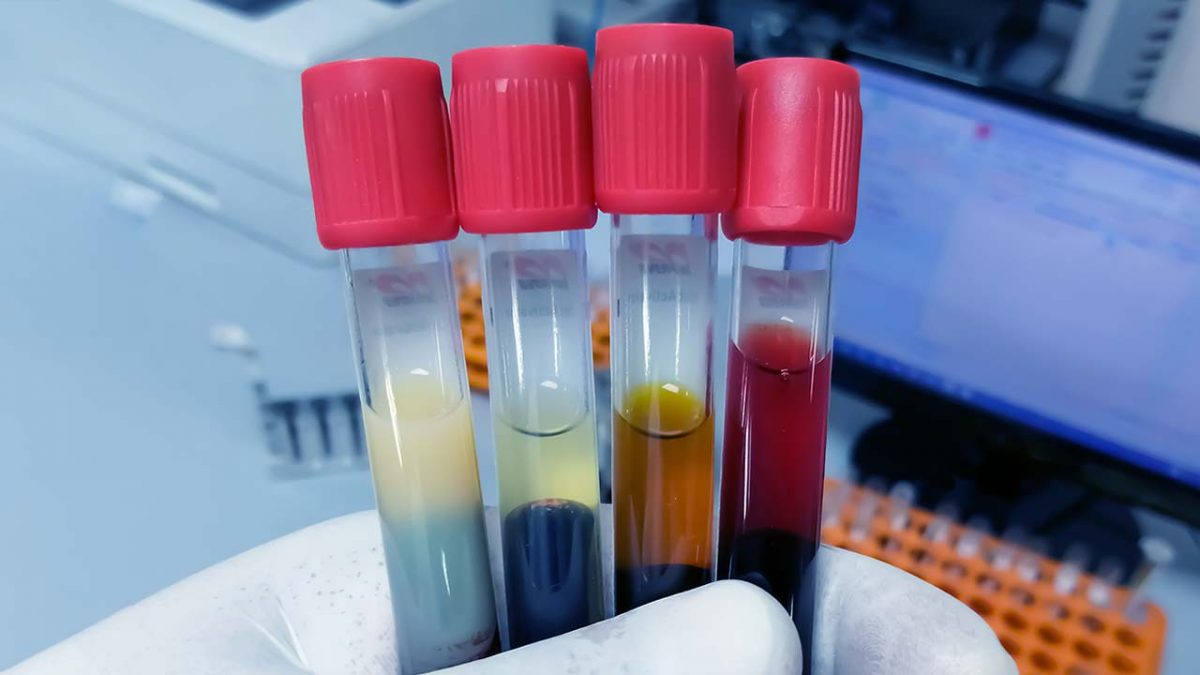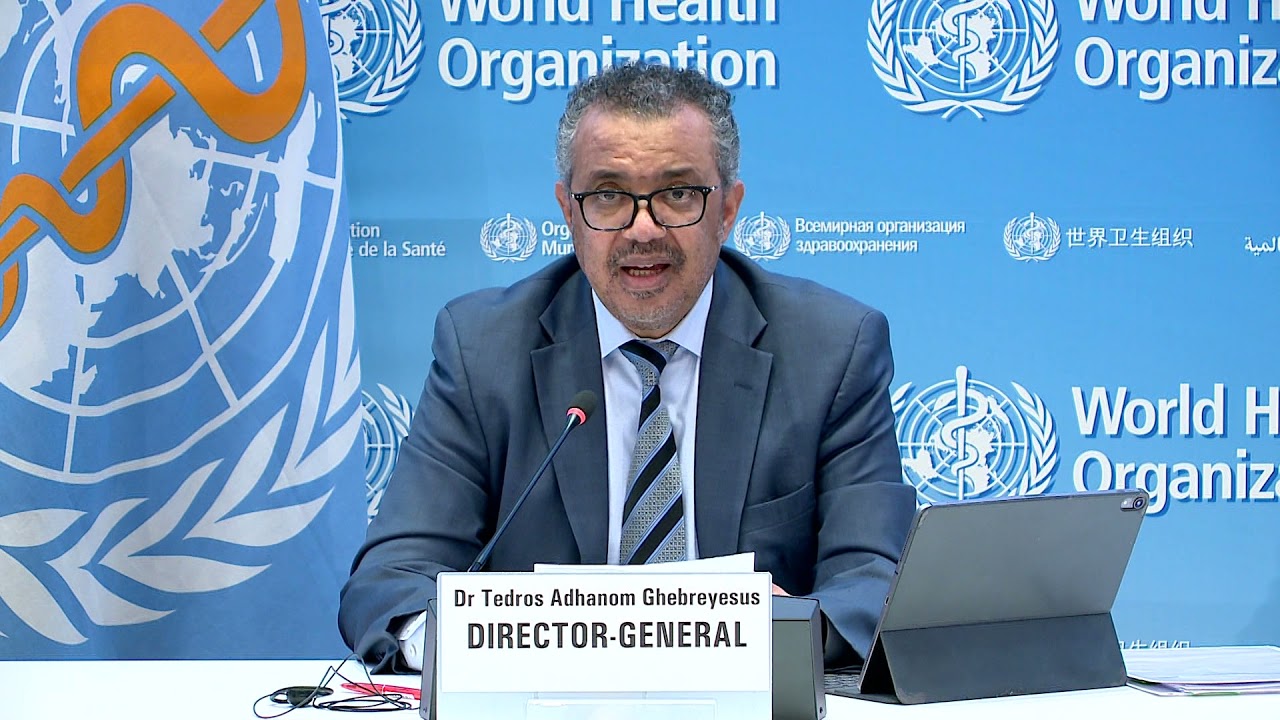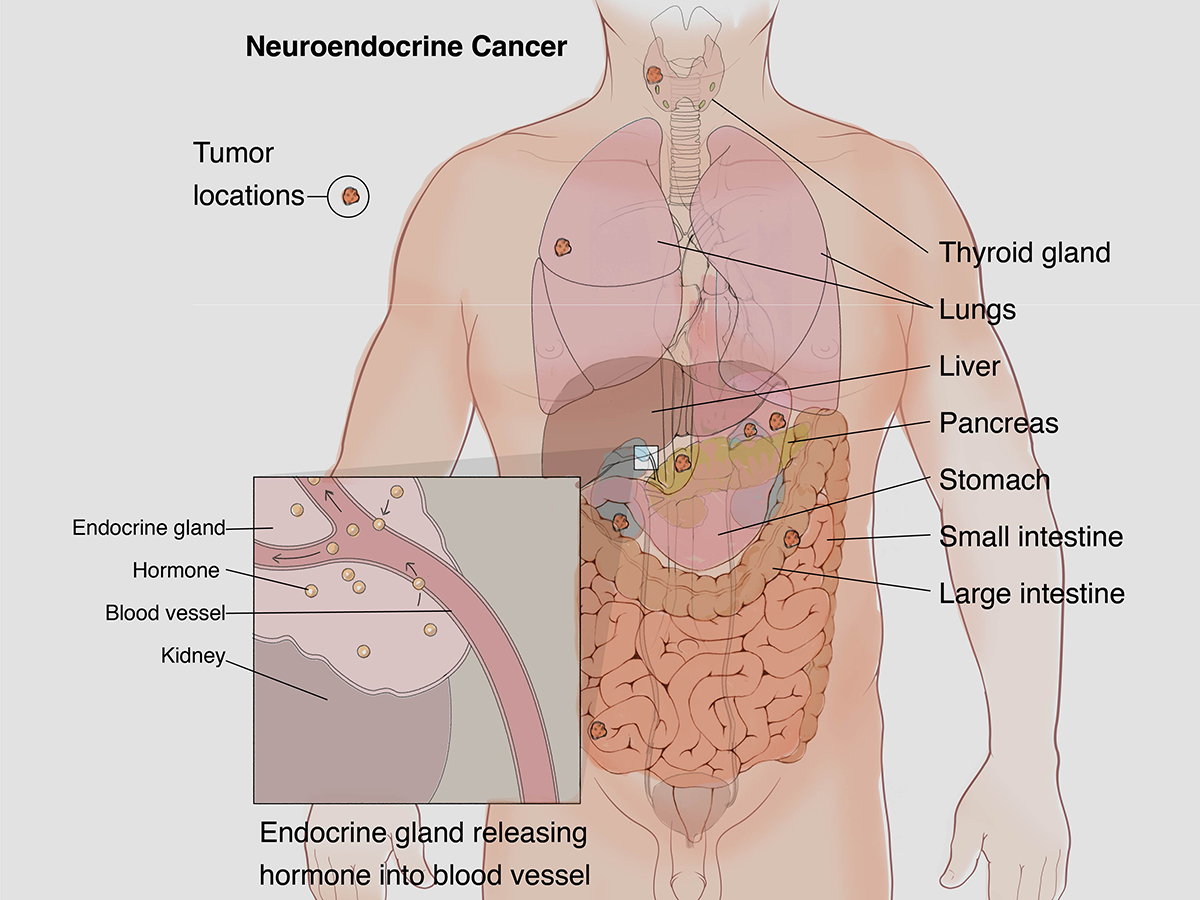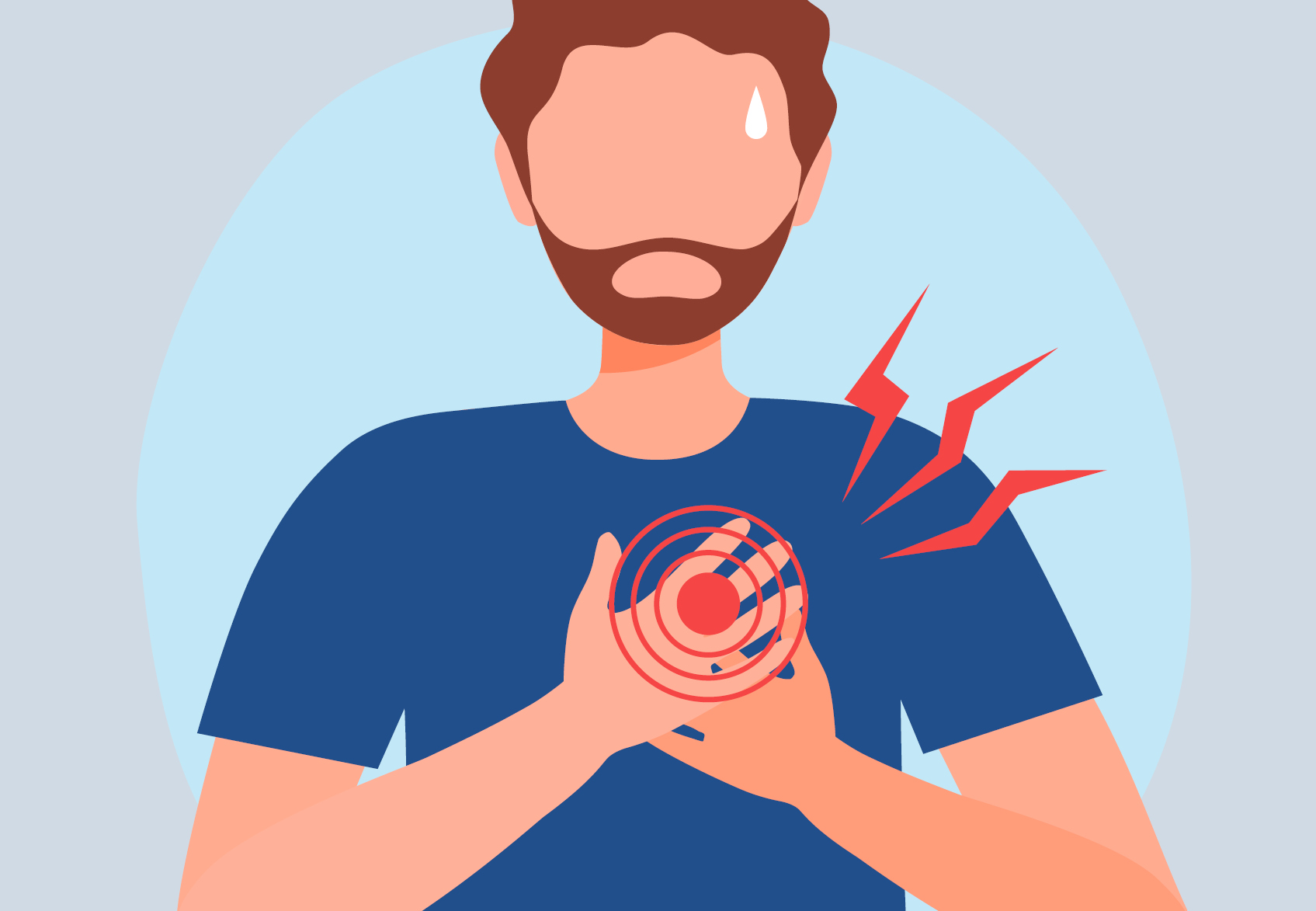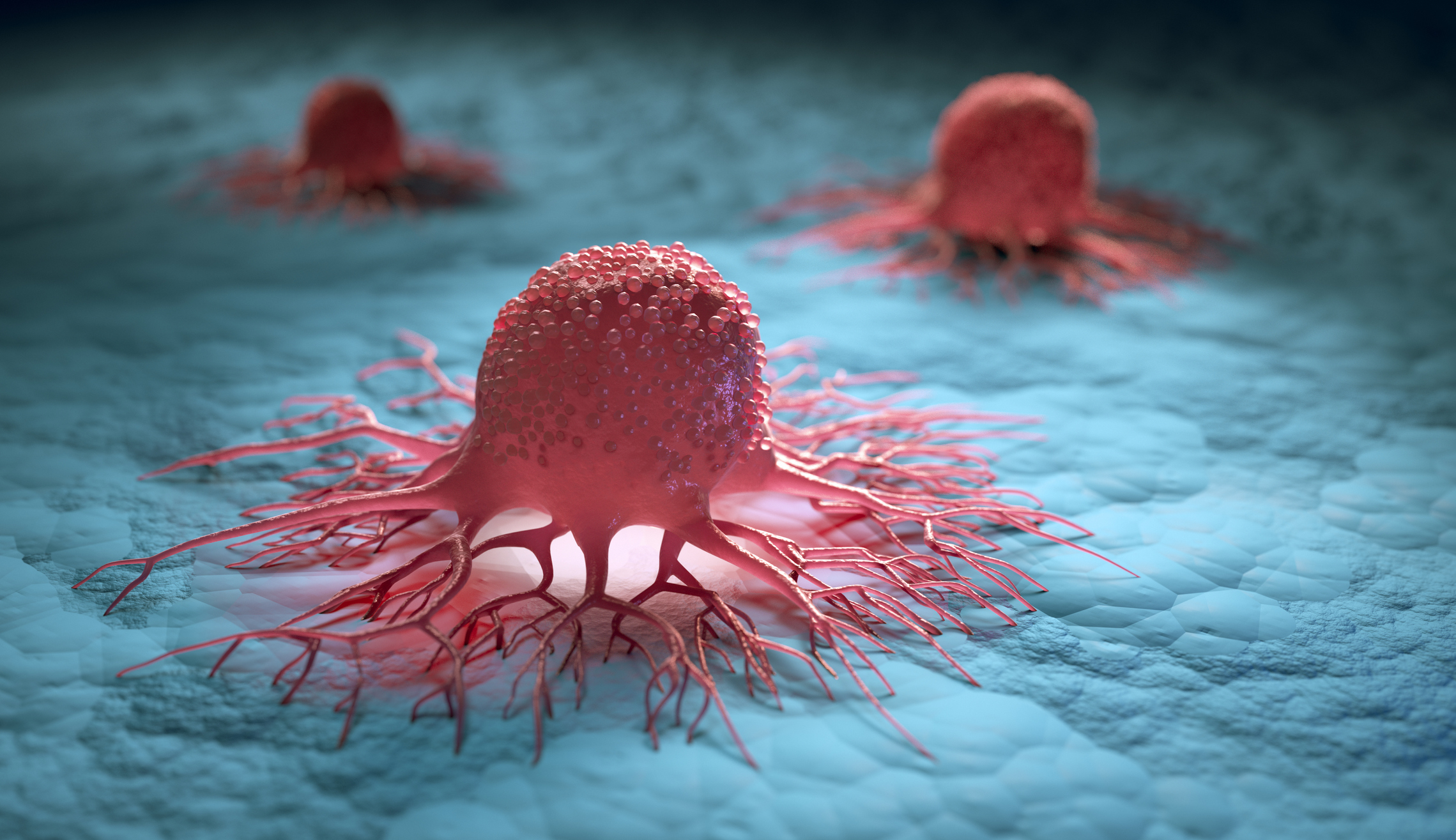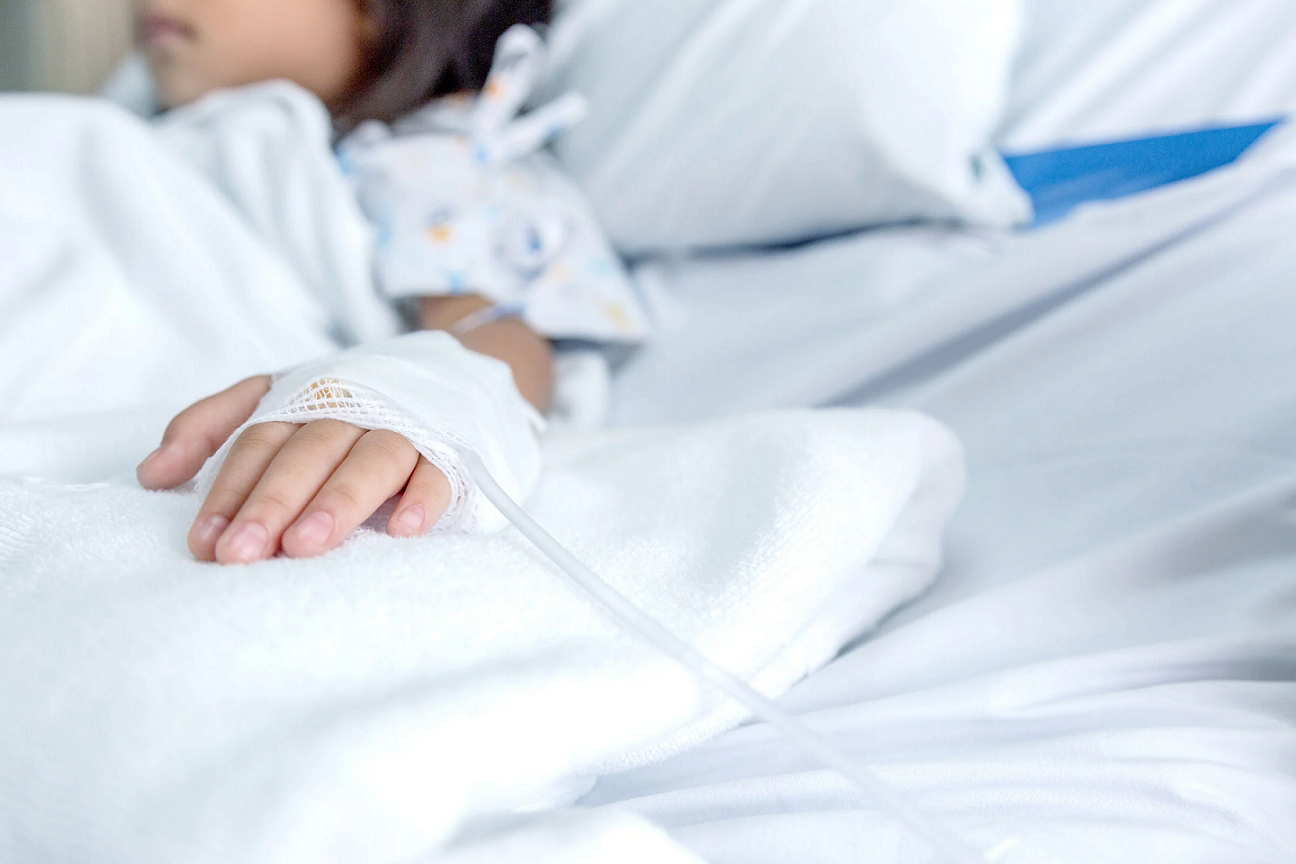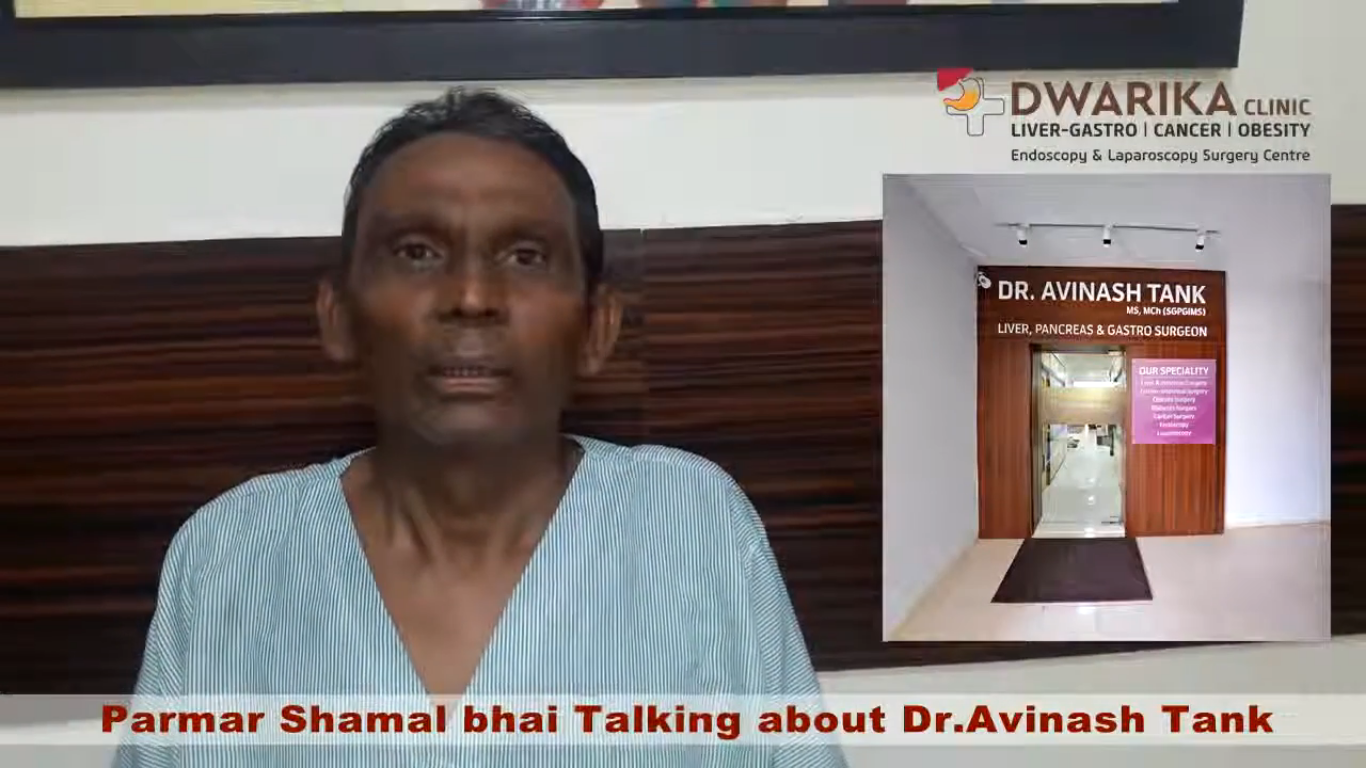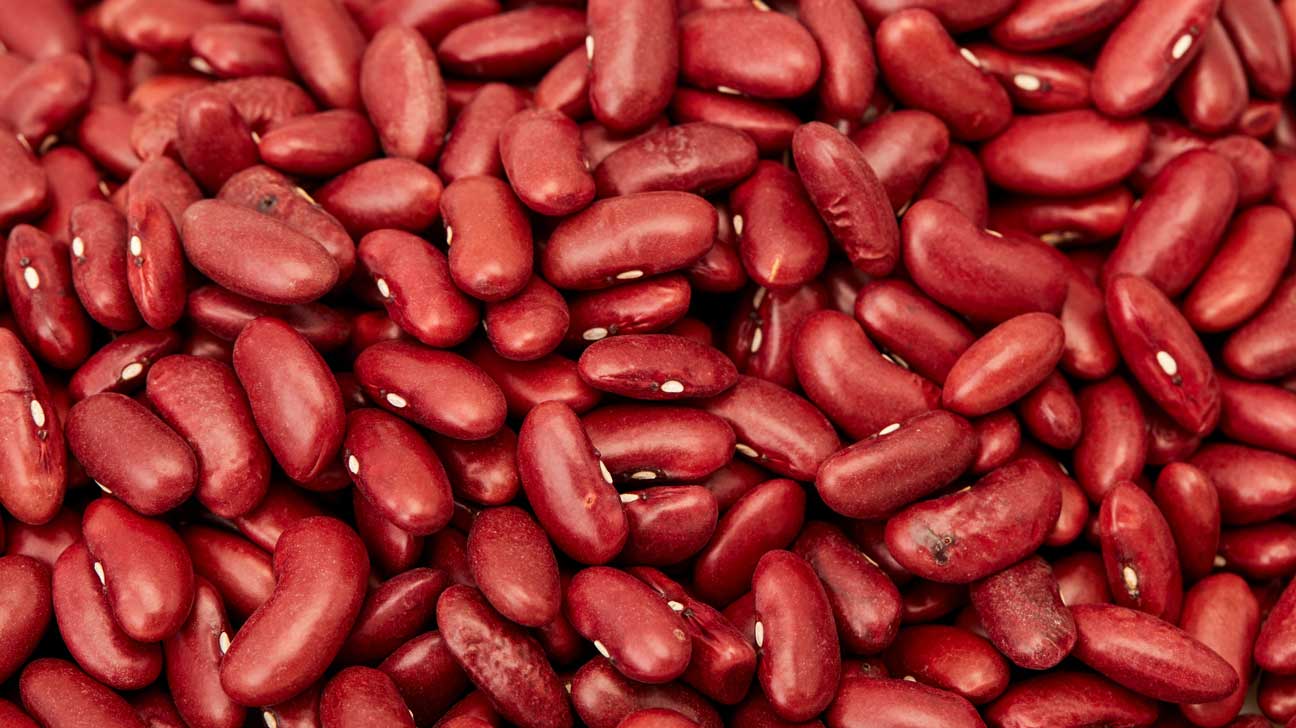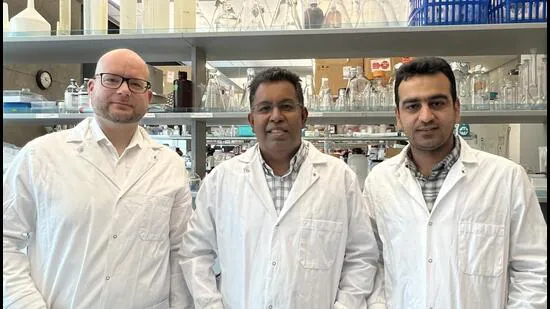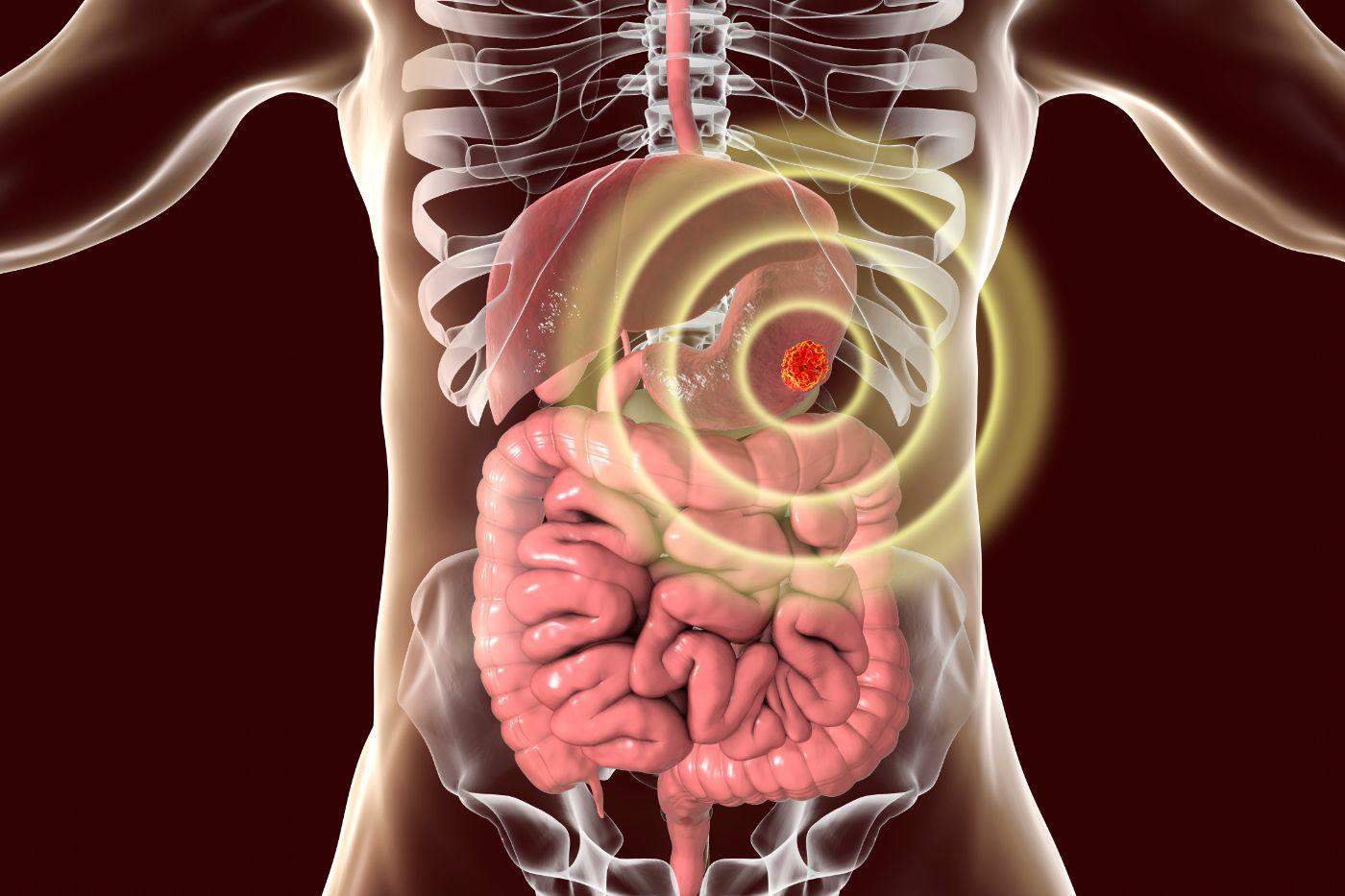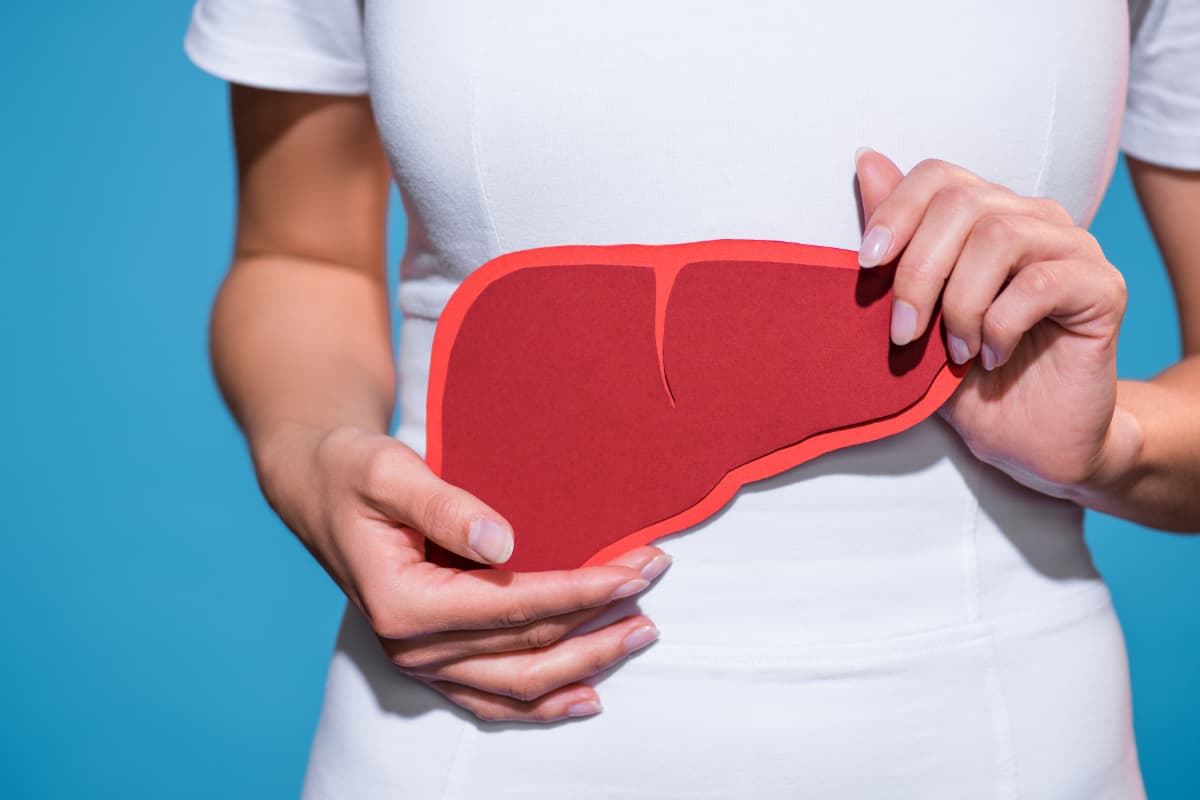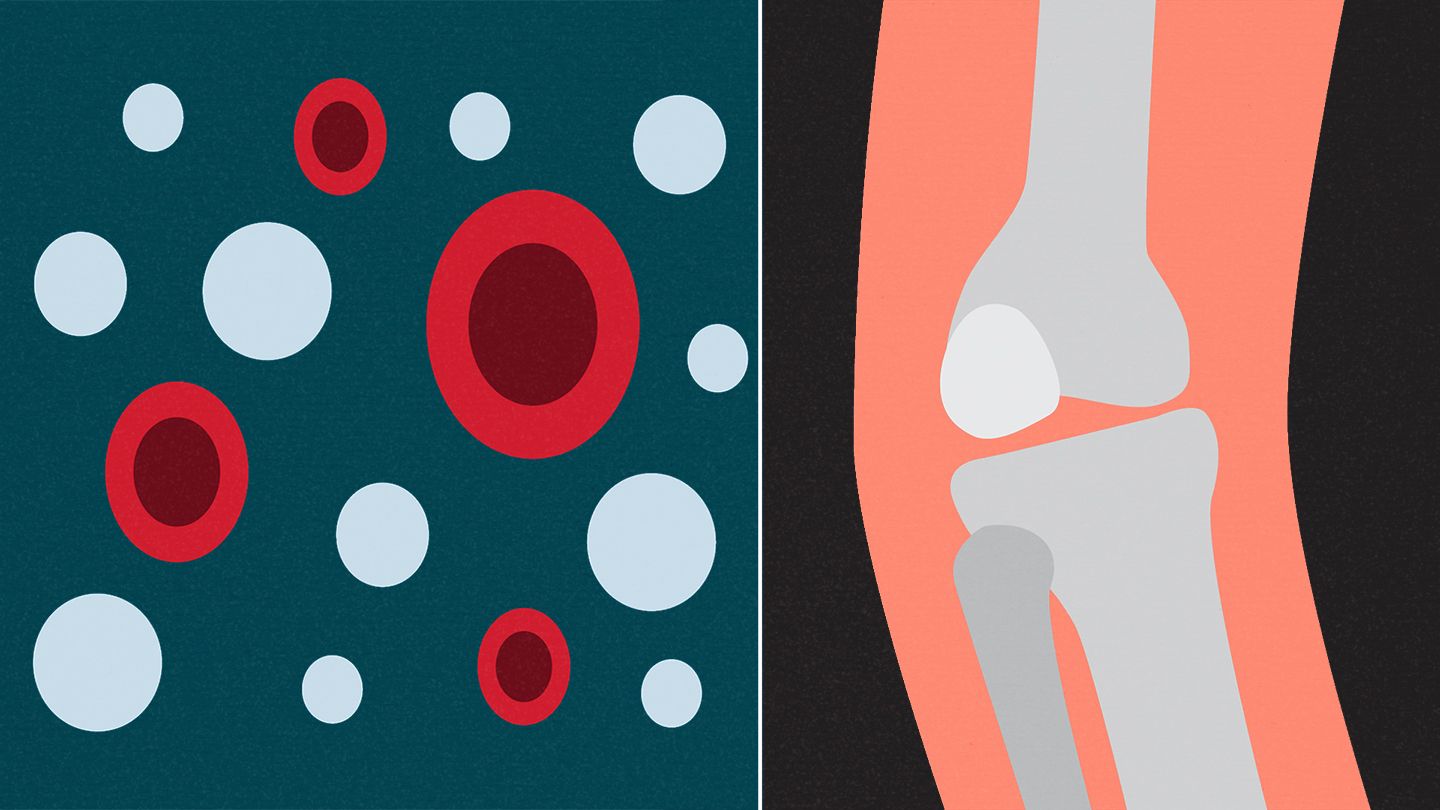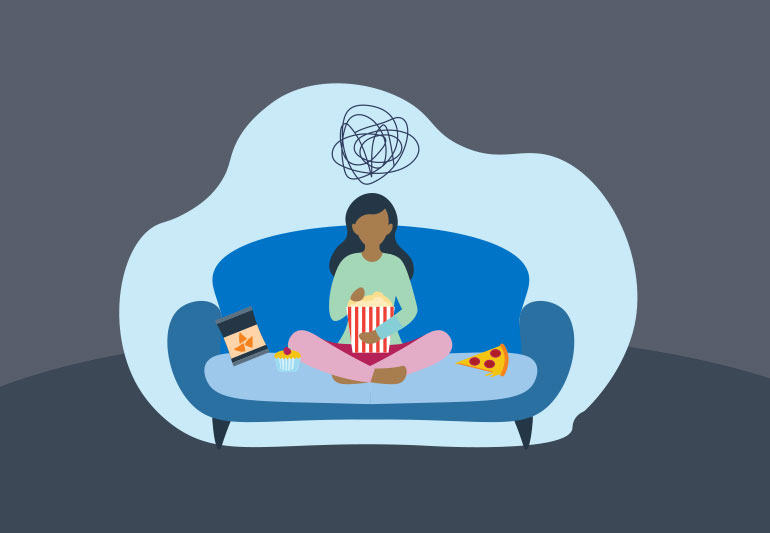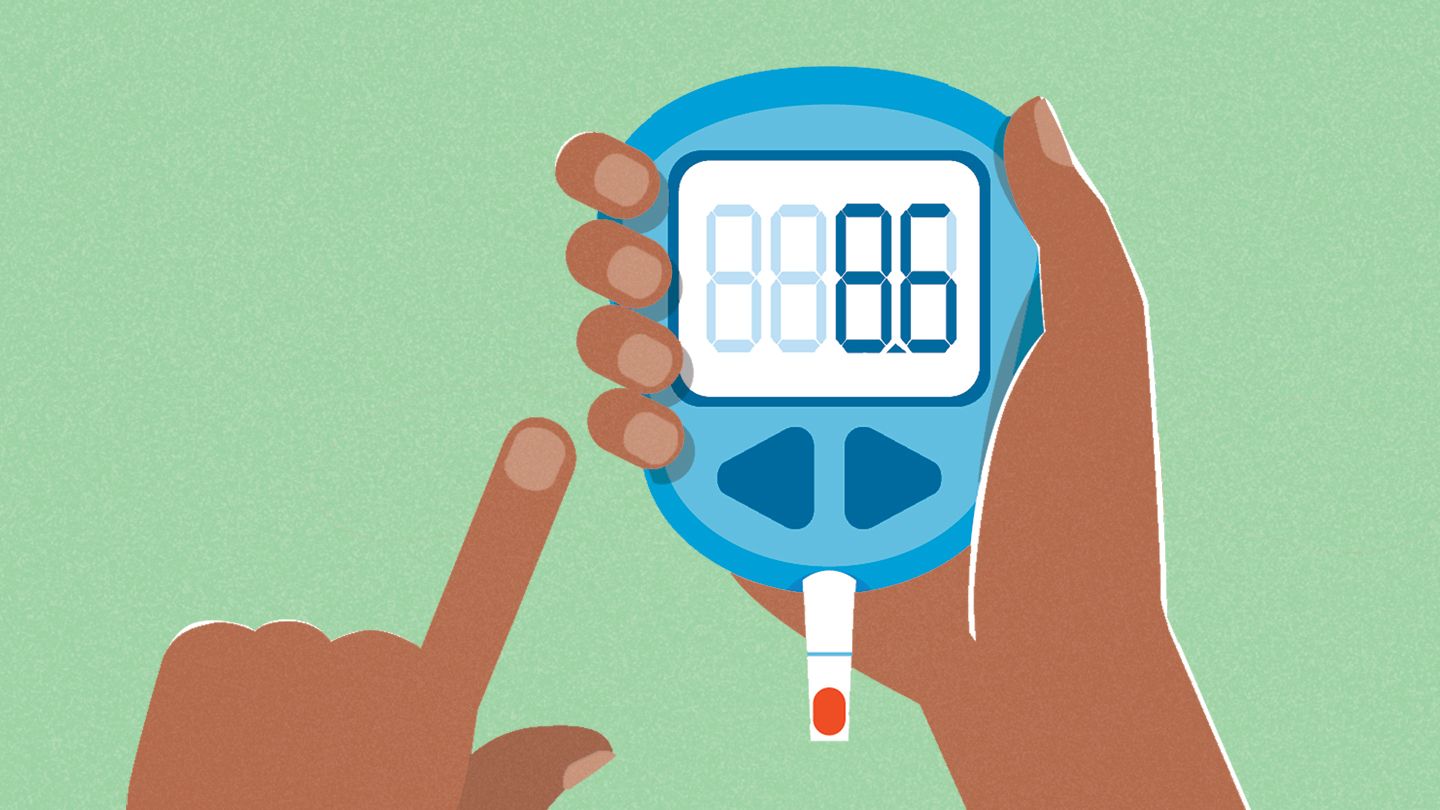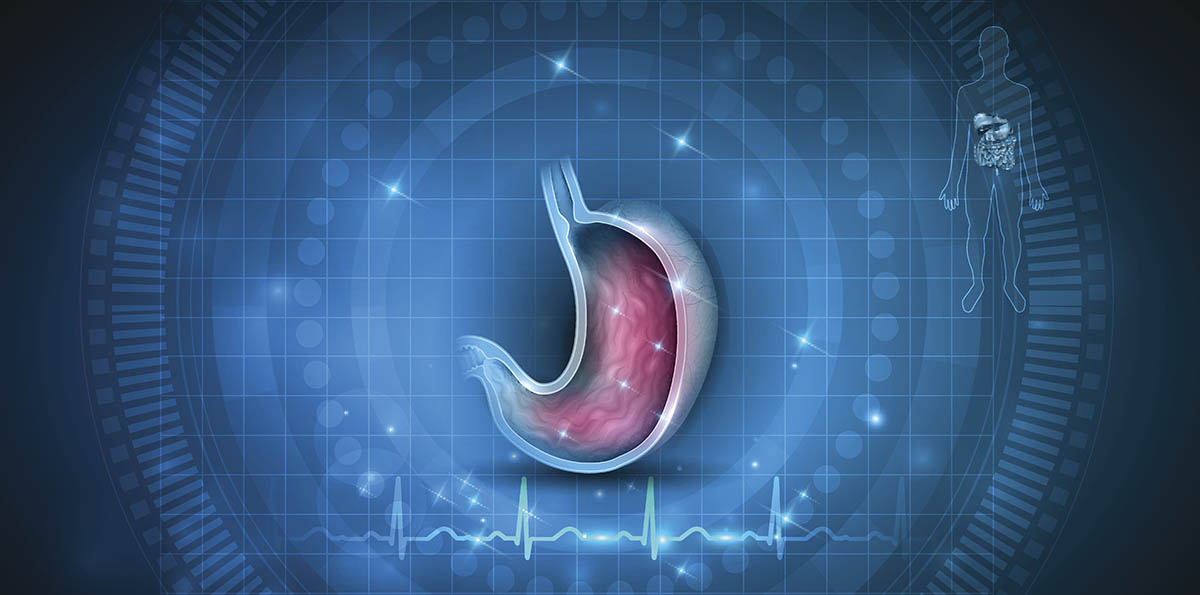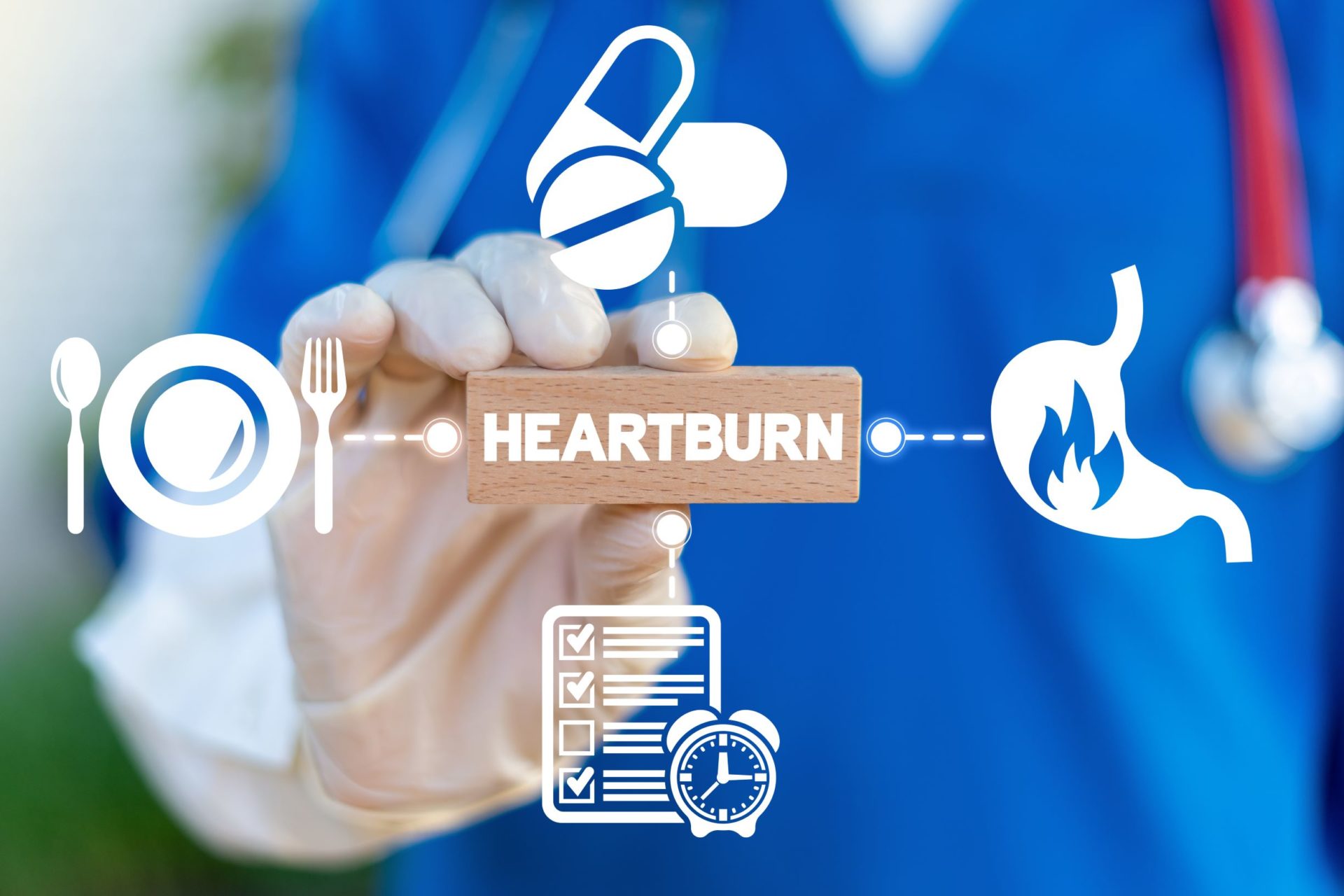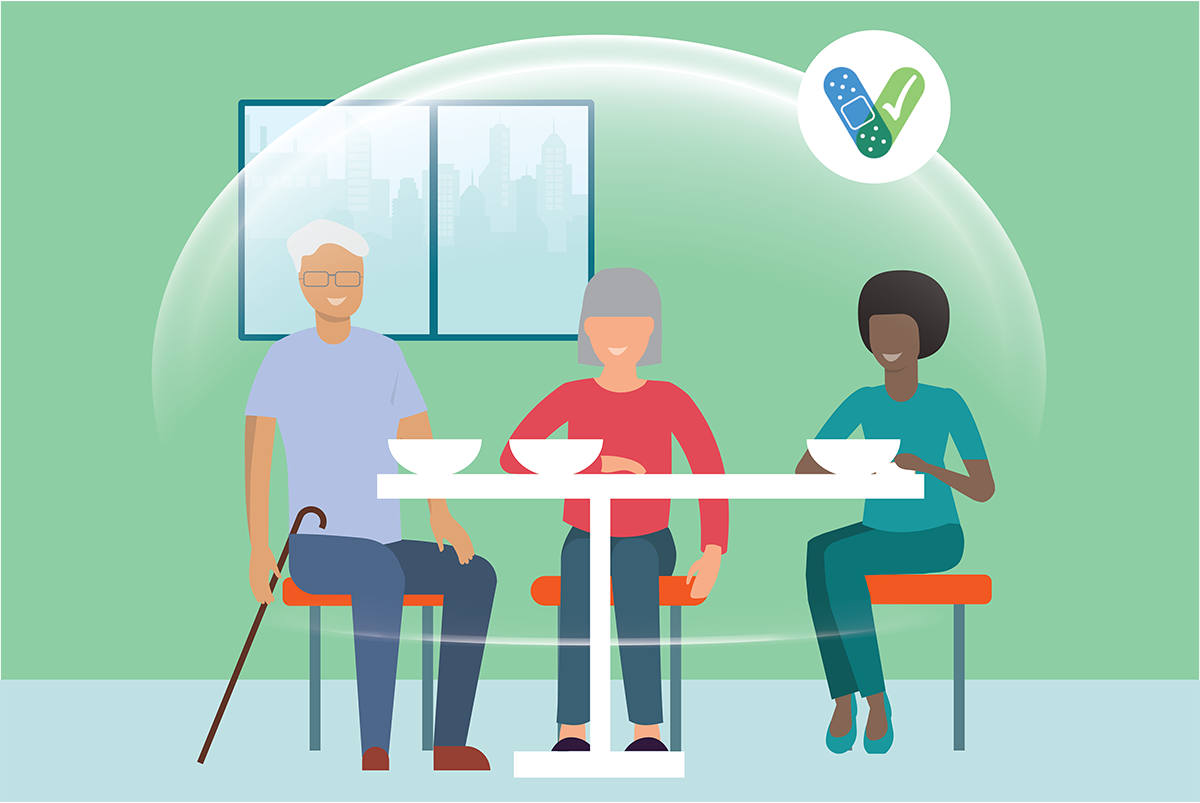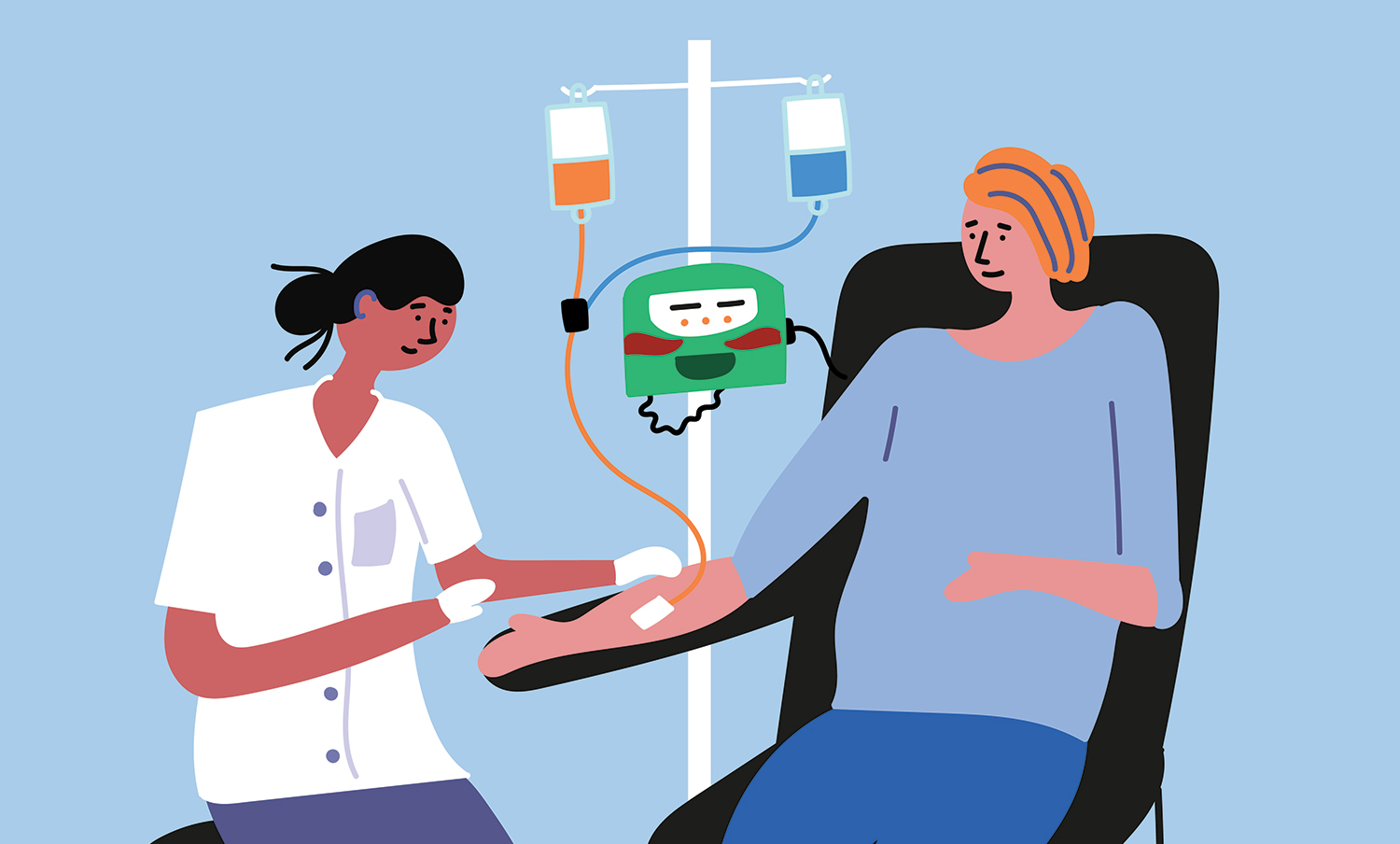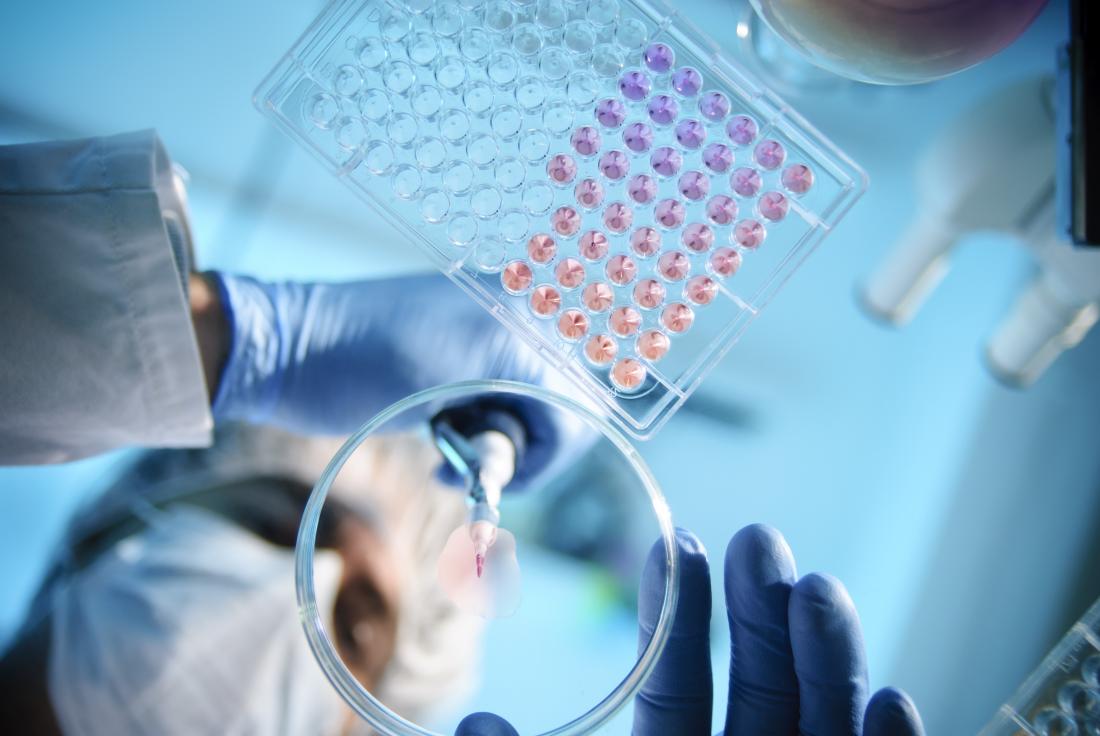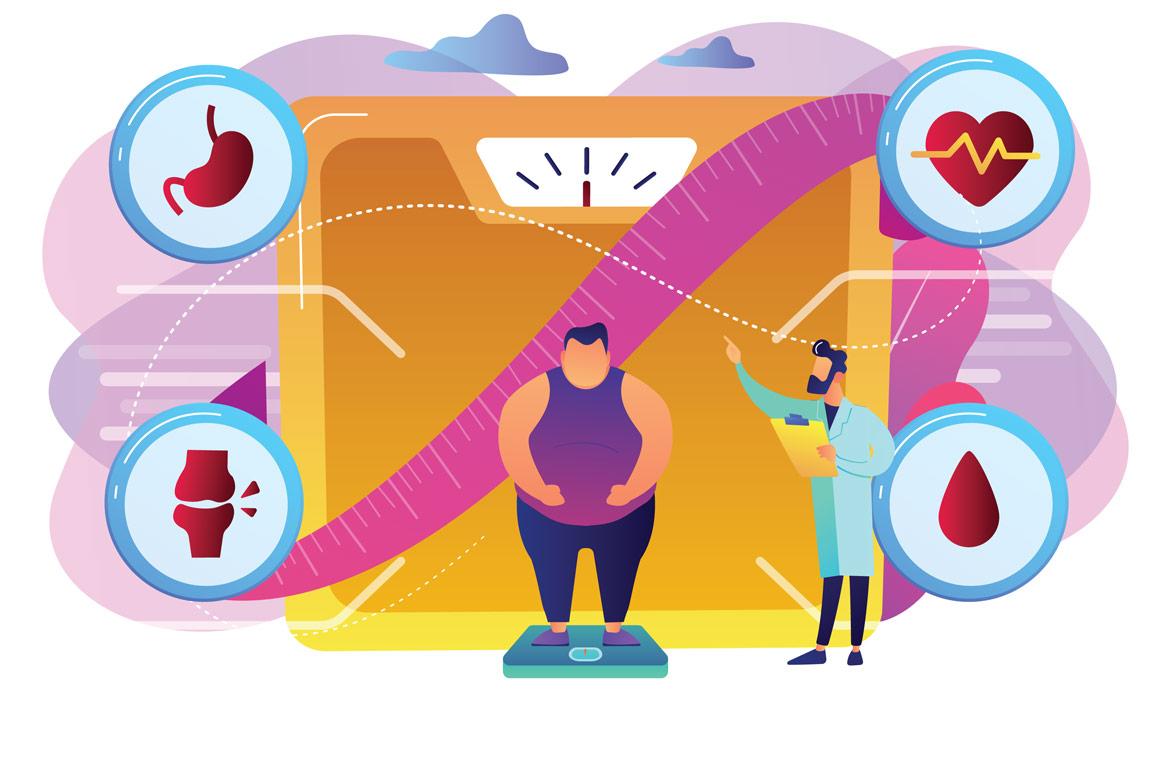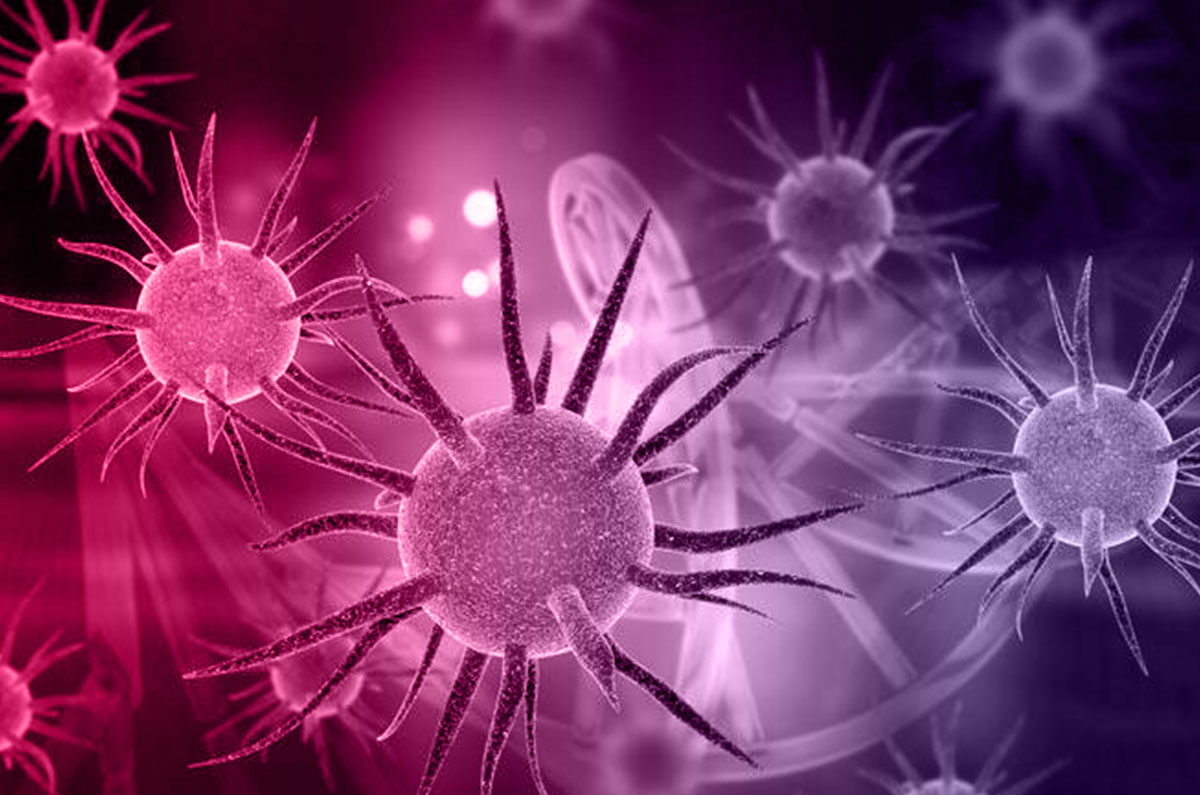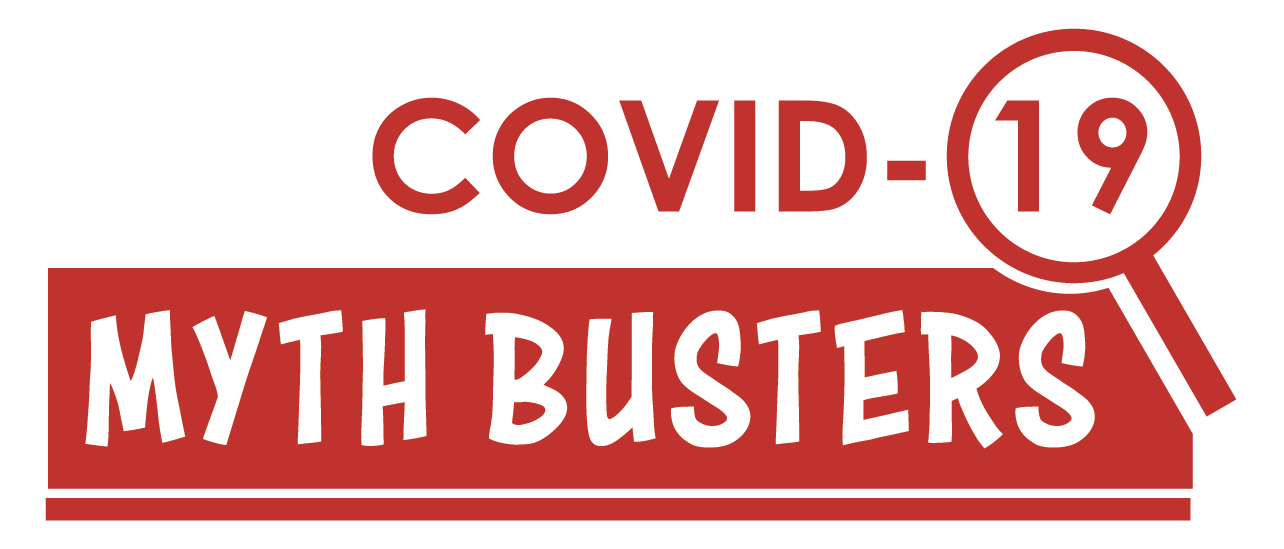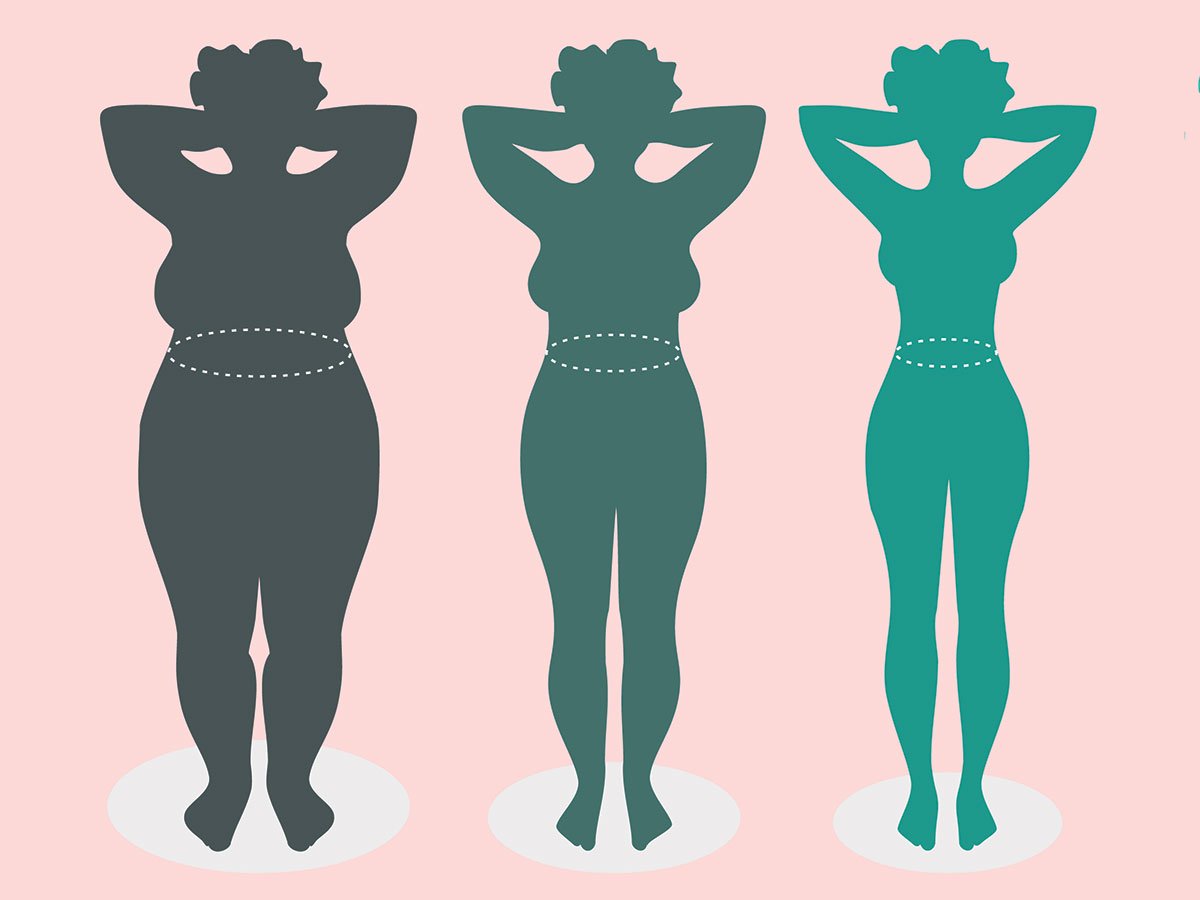Immunotherapy, Cancer Treatment, Cancer Therapy, Immune System, Cancer Treatment Effectiveness, Immunotherapy benefits, Immunotherapy Risks
Immunotherapy for Cancer Treatment- What it is & How effective is it?
Immunotherapy is an evolving and promising method of cancer treatment that works by stimulating the immune system (Biological Therapy).
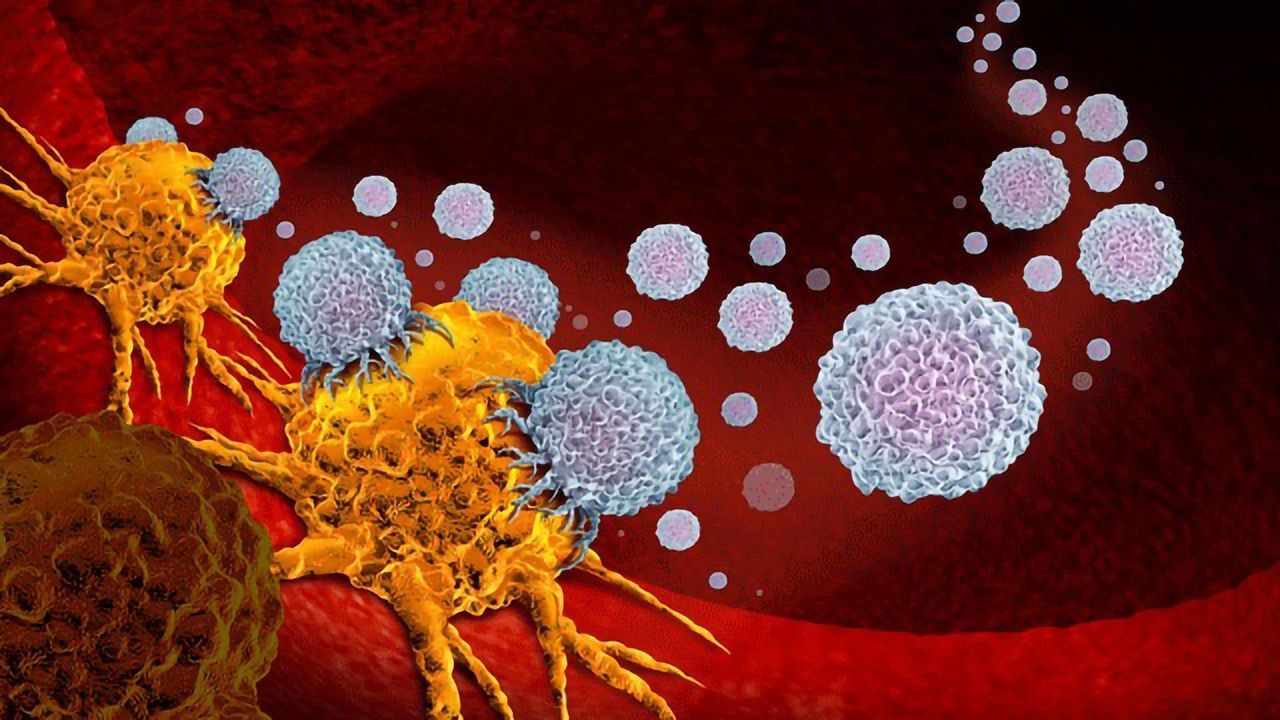
Overview
Immunotherapy is a cancer treatment that engages your immune system to fight the disease. The treatment is sometimes called biological therapy.
Immunotherapy uses substances made by the body or in a laboratory to boost the immune system and help the body find and destroy cancer cells.
Immunotherapy can treat many different types of cancer. It can be used alone or in combination with chemotherapy and/or other cancer treatments.
What is the immune system?
Your immune system is made up of various organs, antibodies (proteins) and immune cells that work together to fight disease and infections. Immune cells include:
- B-cell lymphocytes: These white blood cells produce infection-fighting antibodies.
- T-cell lymphocytes: These white blood cells target and destroy diseased cells. T-cells also alert other cells to the presence of diseased or foreign cells.
- Dendritic cells: These immune cells interact with T-cells to stimulate an immune system response.
- Granulocytes: These white blood cells — neutrophils, eosinophils and basophils — fight infections.
How does the immune system fight cancer?
The immune system consists of a complex process that your body uses to fight cancer. This process involves cells, organs, and proteins. Cancer can commonly get around many of the immune system's natural defenses, allowing cancer cells to continue to grow.
Different types of immunotherapy work in different ways. Some immunotherapy treatments help the immune system stop or slow the growth of cancer cells. Others help the immune system destroy cancer cells or stop the cancer from spreading to other parts of the body.
The different types of immunotherapy include:
- Monoclonal antibodies and immune checkpoint inhibitors
- Non-specific immunotherapies
- Oncolytic virus therapy
- T-cell therapy
- Cancer vaccines
The type of immunotherapy, dose, and treatment schedule your doctor recommends will depend on many factors. These can include the type of cancer, size, location, and where it has spread. Your age, general health, body weight, and the possible side effects are also important. Talk with your doctor about why a specific immunotherapy plan is being recommended for you.
1. What are monoclonal antibodies and immune checkpoint inhibitors?
When the immune system detects something harmful, it makes antibodies. Antibodies are proteins that fight infection by attaching to antigens. Antigens are molecules that start the immune response in your body.
Monoclonal antibodies are made in a laboratory to boost the body's natural antibodies or act as antibodies themselves. Monoclonal antibodies can help fight cancer in different ways. For example, they can be used to block the activity of abnormal proteins in cancer cells. This is also considered a type of targeted therapy, which is a cancer treatment using medication that targets a cancer's specific genes, proteins, or the tissue environment that helps the tumor grow and survive.
Other types of monoclonal antibodies boost your immune system by inhibiting or stopping immune checkpoints. Immune checkpoints are used by the body to naturally stop an immune system response and prevent the immune system from attacking healthy cells. Cancer cells can find ways to hide from the immune system by activating these checkpoints.
Checkpoint inhibitors prevent cancer cells from blocking the immune system. Common checkpoints that these inhibitors affect are the PD-1/PD-L1 and CTLA-4 pathways.
Examples of immune checkpoint inhibitors include:
- Atezolizumab (Tecentriq)
- Avelumab (Bavencio)
- Dostarlizumab (Jemperli)
- Durvalumab (Imfinzi)
- Ipilimumab (Yervoy)
- Nivolumab (Opdivo)
- Pembrolizumab (Keytruda)
There are 2 checkpoint inhibitors that are used to treat tumors anywhere in the body if they have specific genetic changes. This kind of approach is called a "tumor-agnostic treatment."
For instance, pembrolizumab (Keytruda) is approved to treat any tumors that have spread to distant parts of the body if they have a specific molecular change called microsatellite instability-high (MSI-H) or DNA mismatch repair deficiency (dMMR). Another example is that dostarlimab (Jemperli) can be used for advanced cancer or cancer that has come back if it has dMMR.
The side effects of monoclonal antibody treatment depend on the drug's purpose. For example, the side effects of monoclonal antibodies used for targeted therapy are not like those used for immunotherapy. The side effects of immune checkpoint inhibitors may include side effects similar to an allergic reaction.
2. What are non-specific immunotherapies?
Non-specific immunotherapies, also called non-specific immunomodulating agents, help your immune system destroy cancer cells. There are several kinds of non-specific immunotherapies that work in different ways.
Cytokines. Cytokines are a part of the immune system. They are proteins that send messages between cells to activate the immune system. There are two types of cytokines that are used to treat cancer:
- Interferons. These proteins are produced by your immune system to alert your body that there is a pathogen, typically a virus, in your body. Interferons can be made in a laboratory to help your immune system fight cancer. They can also slow the growth of cancer cells.
The most common type of interferon used in cancer treatment is called interferon alpha (Roferon-A [2a], Intron A [2b], Alferon [2a]). Interferon can be used to several many different types of cancer. Side effects of interferon treatment may include flu-like symptoms, an increased risk of infection, skin rashes, and hair thinning. - Interleukins. Interleukins are proteins that pass messages between cells. They also start an immune response. For example, the lab-made interleukin-2 (IL-2) or aldesleukin (Proleukin) can treat kidney cancer and melanoma. Common side effects of IL-2 treatment include weight gain and low blood pressure. Some people also experience flu-like symptoms.
Bacillus Calmette-Guerin (BCG). This type of immunotherapy is similar to the bacteria that causes tuberculosis. It is used to treat bladder cancer. BCG is placed directly into the bladder through a catheter. It attaches to the inside lining of the bladder and activates the immune system to destroy tumor cells. BCG can cause flu-like symptoms.
3. What is oncolytic virus therapy?
Oncolytic virus therapy, sometimes just called virus therapy, uses viruses that have been changed in a laboratory to destroy cancer cells. A genetically modified version of the virus is injected into the tumor. When the virus enters the cancer cells, it makes a copy of itself. As a result, the cancer cells burst and die. As the cells die, they release proteins that trigger your immune system to target any cancer cells in your body that have the same proteins as the dead cancer cells. The virus does not enter healthy cells.
Currently, one type of oncolytic virus therapy is approved to treat cancer:
Talimogene laherparepvec (Imlygic) or T-VEC. This oncolytic virus therapy is approved to treat advanced melanoma that cannot be treated with surgery. It is used most often for people who cannot or choose not to receive any other recommended treatments. T-VEC is a modified version of the herpes simplex virus, which causes cold sores. It is injected directly into 1 or more melanoma tumors. Side effects of oncolytic virus therapy include flu-like symptoms and pain at the injection site.
Clinical trials are testing other oncolytic viruses for different cancers. They are also testing how the viruses work with other cancer treatments, such as chemotherapy.
4. What is T-cell therapy?
T cells are immune cells that fight infection. In T-cell therapy, the doctor removes T cells from the blood. Then, a laboratory adds specific proteins called receptors to the cells. The receptor allows those T cells to recognize cancer cells. The changed T cells are put back into the body. Once there, they find and destroy cancer cells. This type of therapy is known as chimeric antigen receptor (CAR) T-cell therapy. Side effects include fevers, confusion, low blood pressure, and, in rare occasions, seizures.
CAR T-cell therapy is used to treat certain blood cancers. Researchers are still studying this type of therapy and other ways of changing T cells to treat cancer.
5. What are cancer vaccines?
A cancer vaccine can also help your body fight disease. A vaccine exposes your immune system to a foreign protein, called an antigen. This triggers the immune system to recognize and destroy that antigen or related substances. There are 2 types of cancer vaccine: prevention vaccines and treatment vaccines.
One example of a cancer prevention vaccine is Gardasil, the vaccine to protect against the human papillomavirus (HPV), a virus that can cause specific types of cancer. An example of a treatment vaccine includes spuleucel-T (Provenge), which treats advanced prostate cancer that does not respond to hormone therapy. T-VEC (see above) is also considered a cancer treatment vaccine. Side effects for both of these cancer vaccines are flu-like symptoms.
What does immunotherapy treat?
Immunotherapy treats different types of cancers , including but not limited to-
- Bladder cancer.
- Brain cancer (brain tumor).
- Breast cancer.
- Cervical cancer and ovarian cancer.
- Colorectal (colon) cancer.
- Head and neck cancer.
- Kidney cancer, liver cancer and lung cancer.
- Leukemia.
- Prostate cancer.
- Skin cancer.
- Lymphoma
Procedure Details
How is immunotherapy performed?
Immunotherapy is performed as an infusion. You get an intravenous infusion into a vein at a medical facility.
How long does immunotherapy last?
You may get immunotherapy daily, weekly, monthly or in a cycle. With cyclic immunotherapy, you take a rest period after treatment. The break gives your body time to produce healthy cells. Treatment length depends on:
- Cancer type and stage.
- Type of immunotherapy drug.
- Your body’s response to treatment.
What should I expect after immunotherapy?
Unlike chemotherapy, immunotherapy may not always cause tumor shrinkage. Rarely, tumors temporarily swell or get bigger as immune cells attack the cancer even when patients are feeling great. This phenomenon is known as pseudoprogression. The term means that a tumor only appears to be worsening and patients may still be deriving benefit.
You’ll need to see your healthcare provider often to track treatment response. You may have frequent physical exams, blood tests and imaging scans.
Pros and Cons of Immunotherapy
What are potential risks or complications of immunotherapy?
Side effects from immunotherapy vary depending on the drug and cancer types. You may experience:
- Infusion-related reactions.
- Diarrhea or colitis.
- Bone or muscle pain.
- Fatigue.
- Flu-like symptoms, such as fever and chills.
- Headaches.
- Loss of appetite.
- Mouth sores.
- Skin rash.
- Shortness of breath or pneumonitis.
Recovery and Outlook
How effective is immunotherapy?
Success rates for any cancer treatment, including immunotherapy, depend on individual factors, including the cancer type and stage. In general, immunotherapy is effective against many cancers. While some cancers are more immunogenic than others, in general, immunotherapy is effective across a wide variety of cancers. Immunotherapy can produce durable responses unlike chemotherapy or radiation, however, these occur only in around 25% patients.
Some research suggests that the immune system may remember cancer cells after immunotherapy ends.
When to call a doctor
You should call your healthcare provider if you experience:
- Heart palpitations or chest pain.
- Signs of infection, such as fever and chills.
- Trouble breathing or swallowing.
- Diarrhea or colitis.
- Altered mental status.
- Skin rash.
Reference
- https://www.cancer.net/navigating-cancer-care/how-cancer-treated/immunotherapy-and-vaccines/what-immunotherapy
- https://www.uc.edu/news/articles/2022/02/immunotherapy-drug-shows-promise-in-clinical-trial.html
- https://my.clevelandclinic.org/health/treatments/11582-immunotherapy
- https://www.hopkinsmedicine.org/inhealth/about-us/immunotherapy-precision-medicine-action-policy-brief.html

